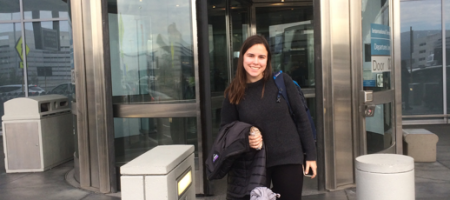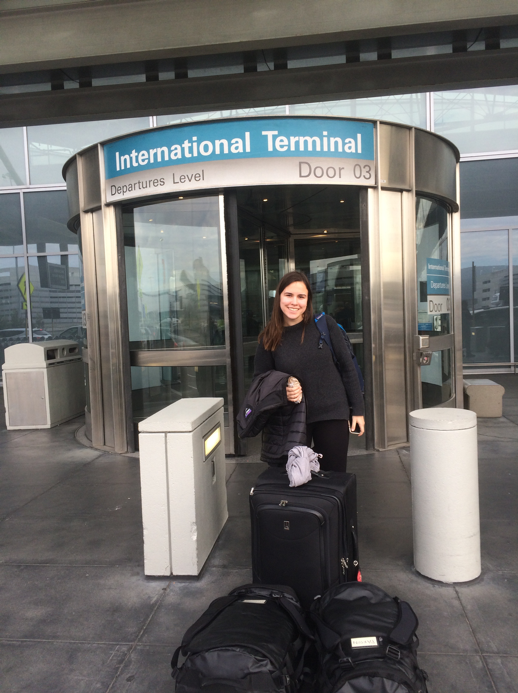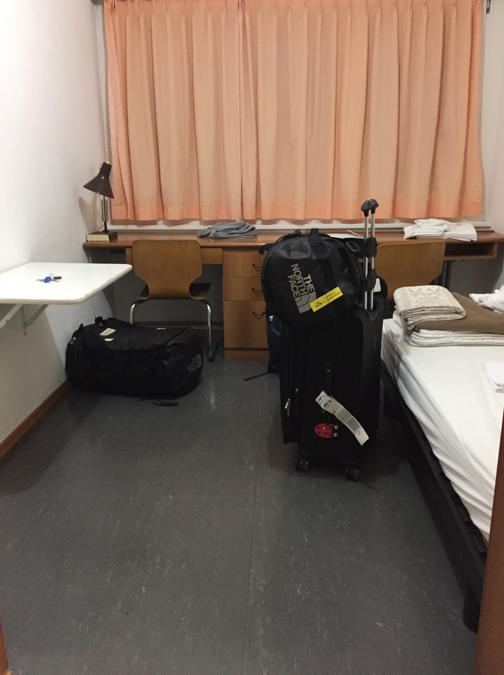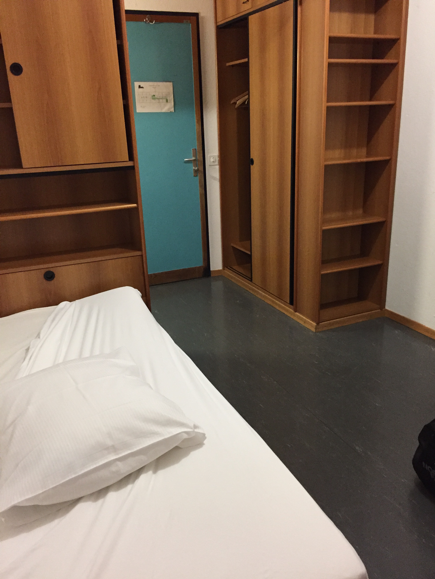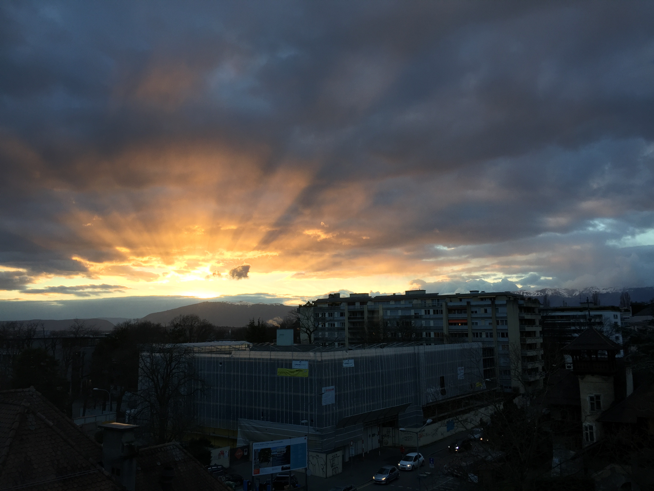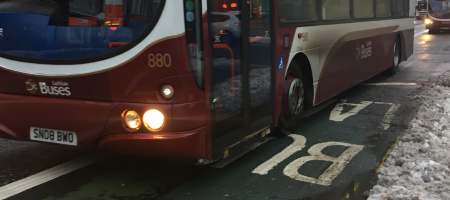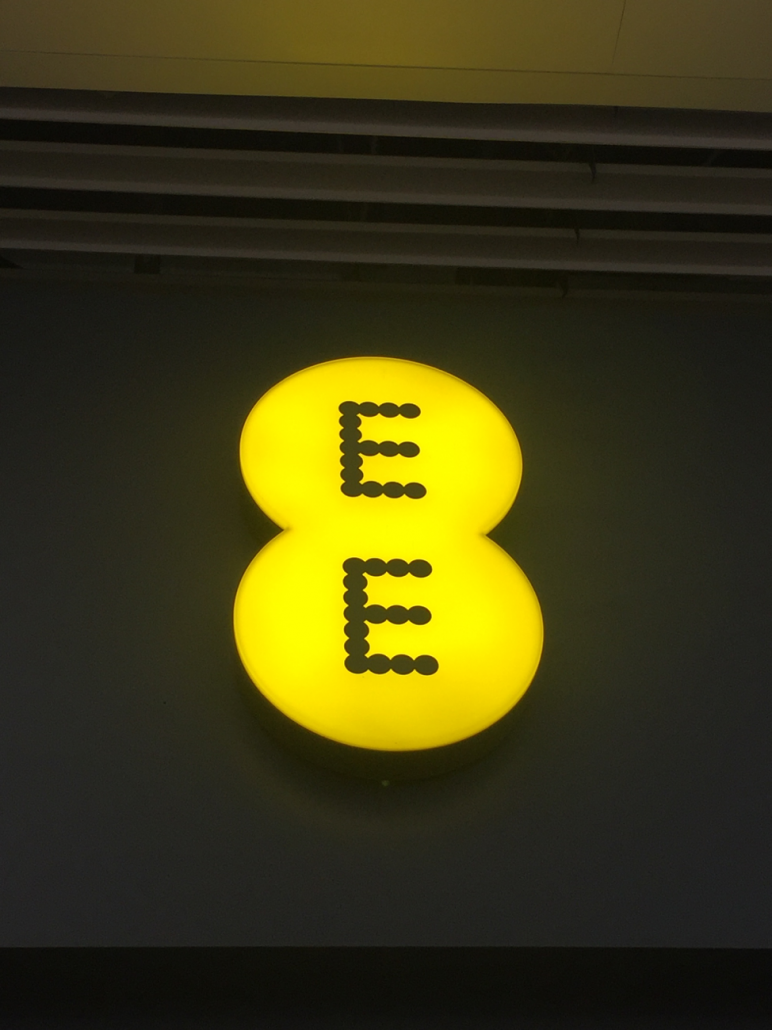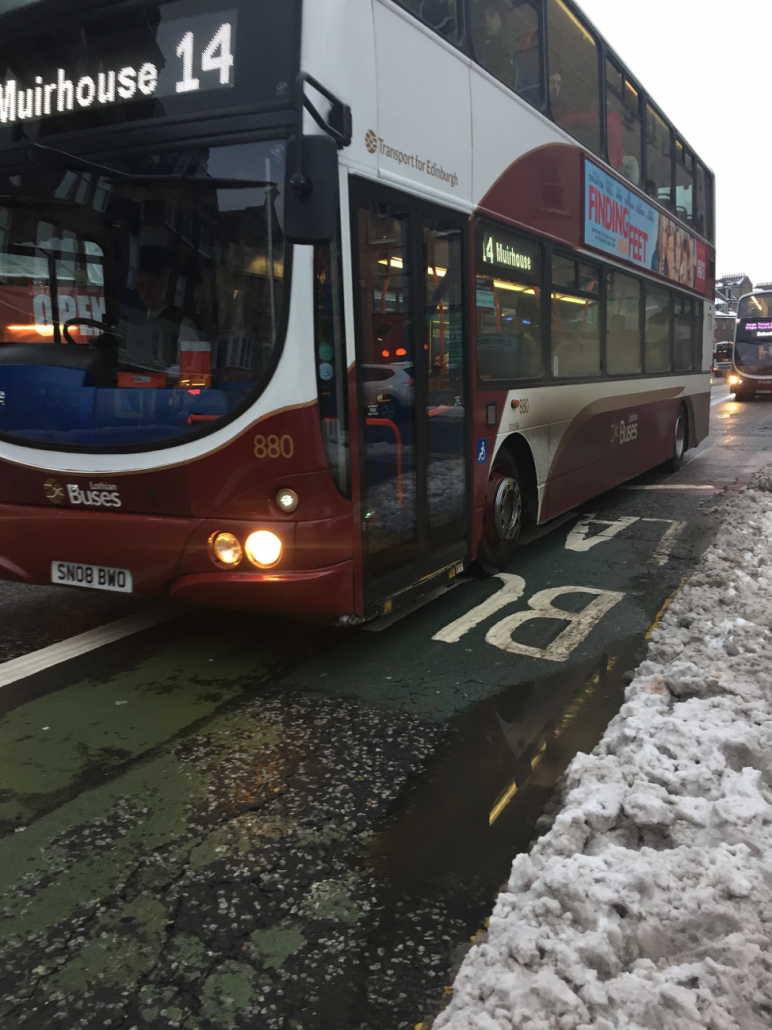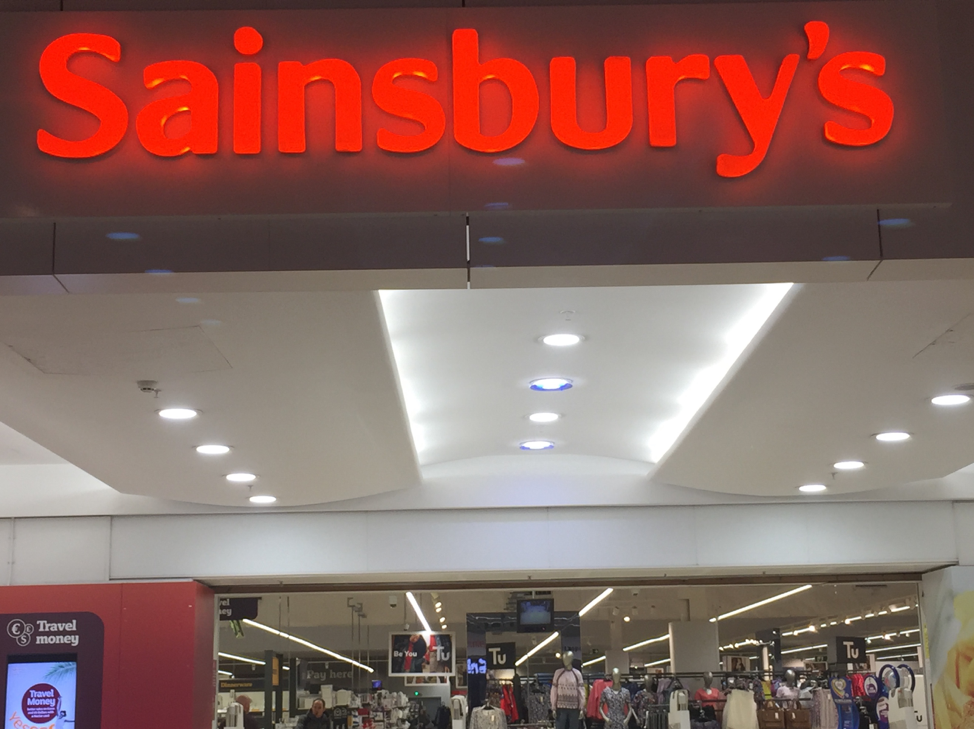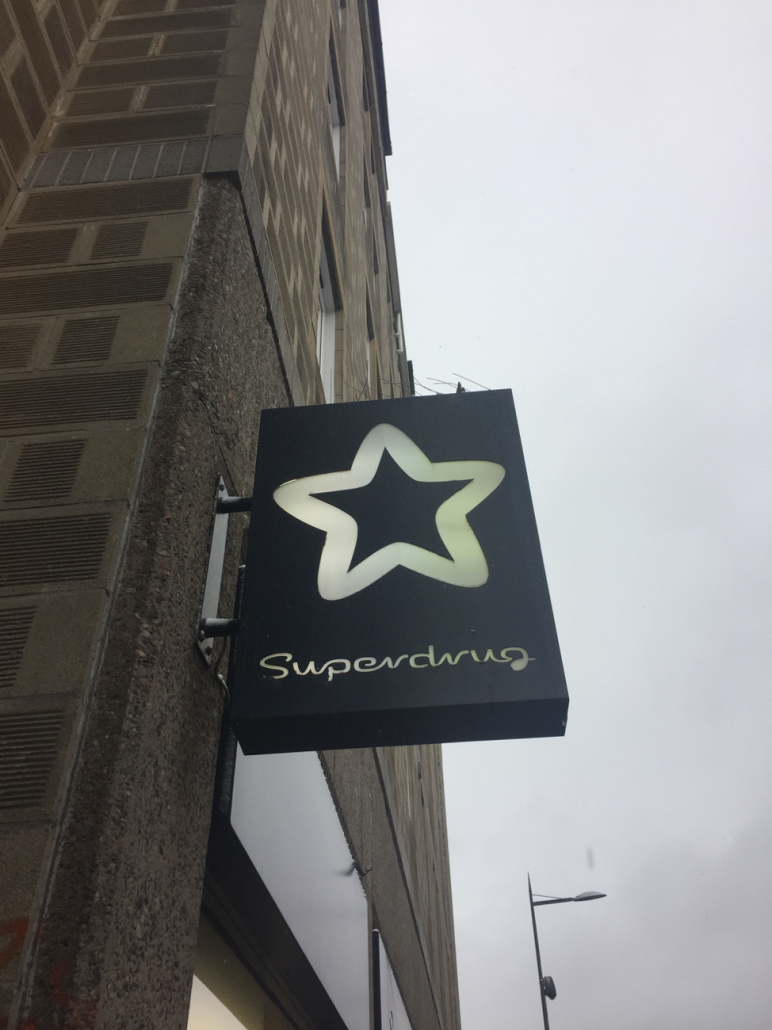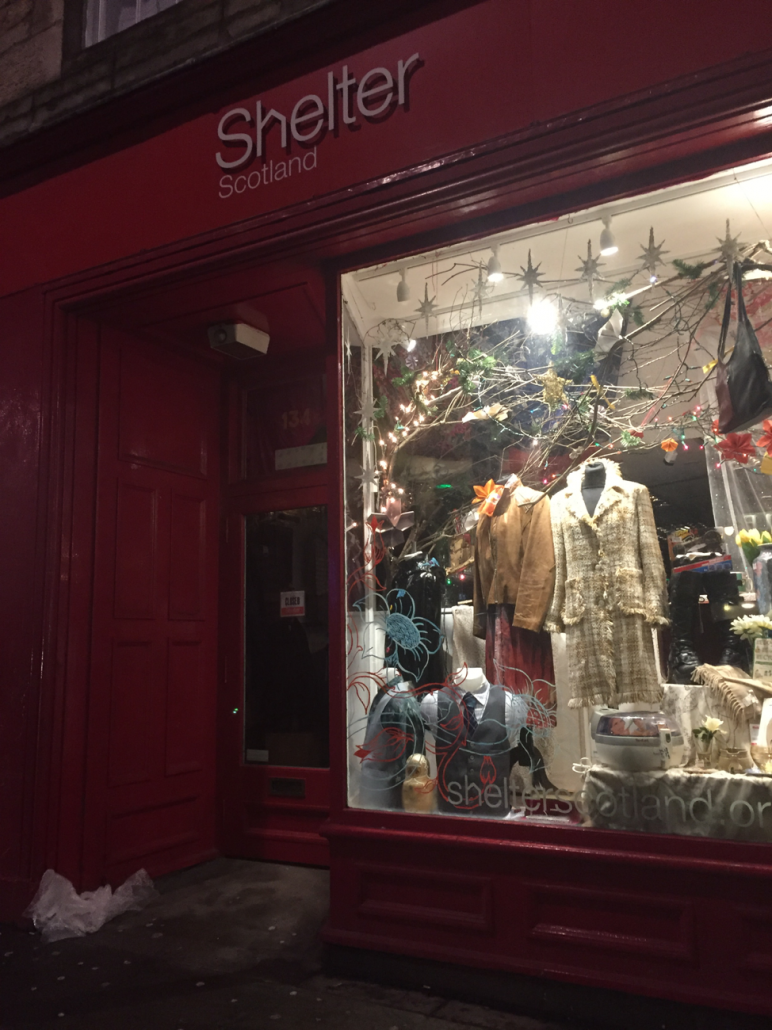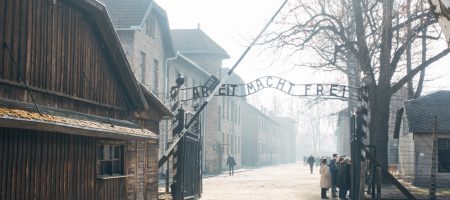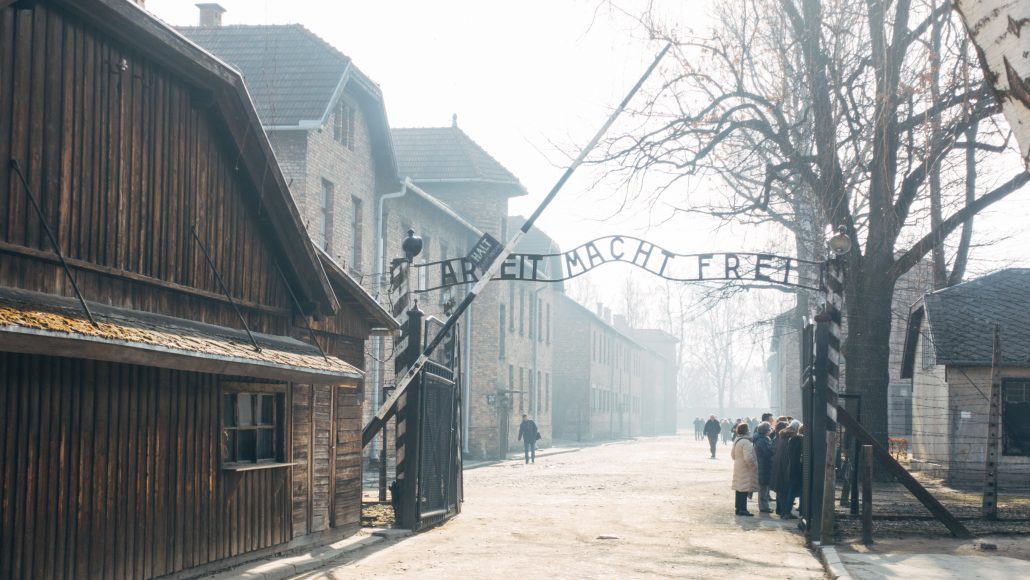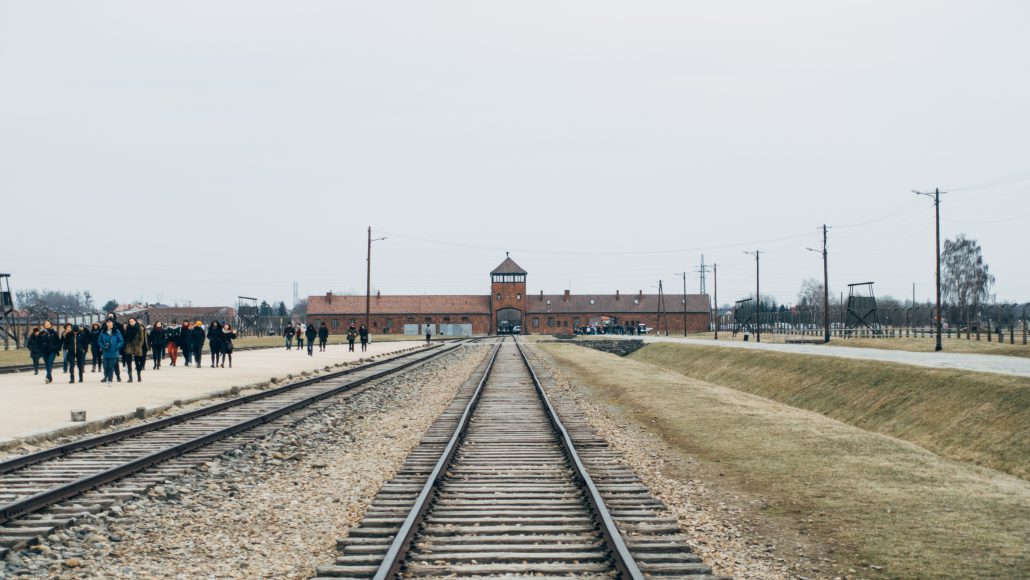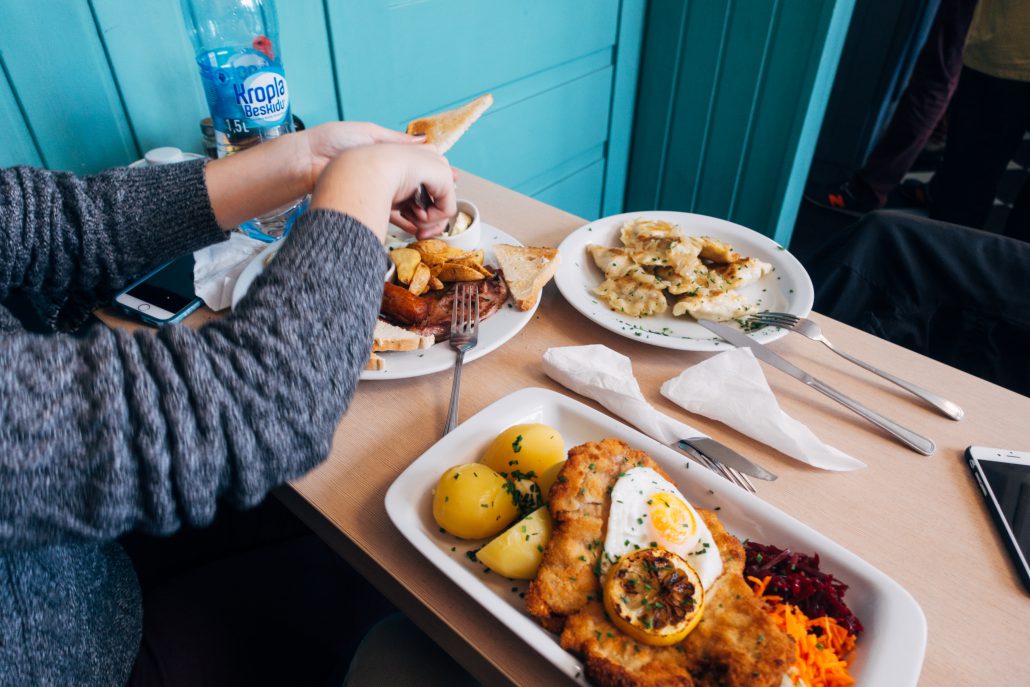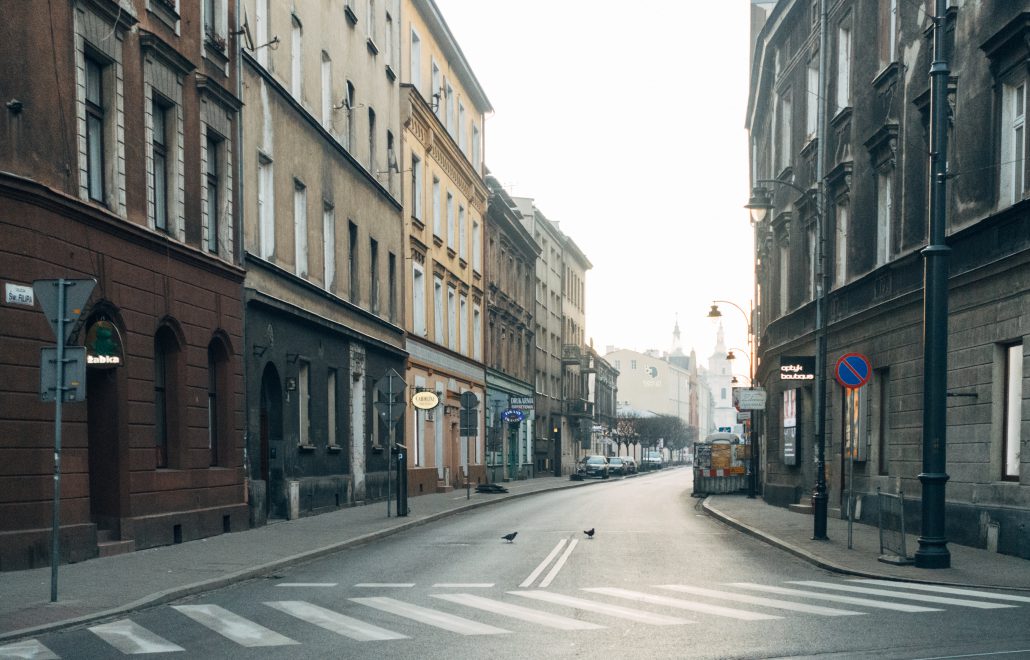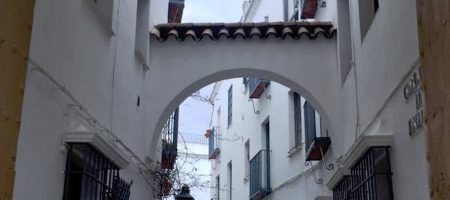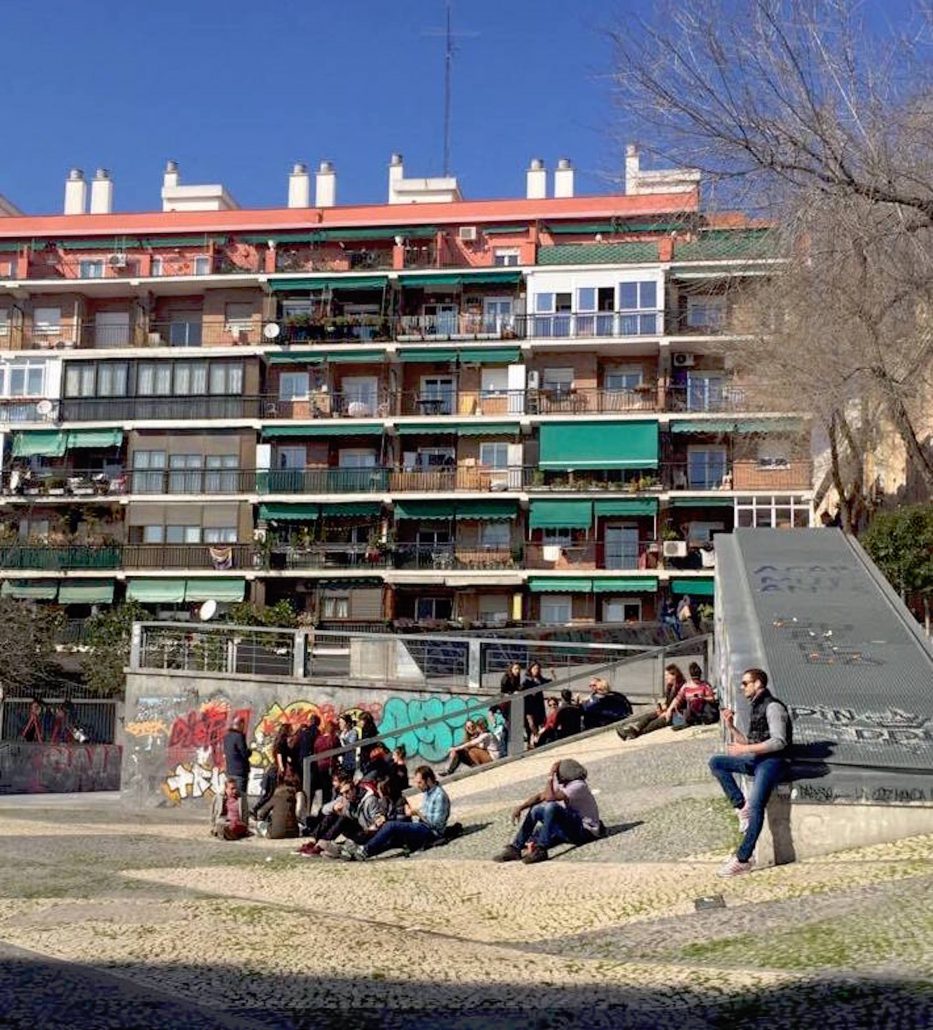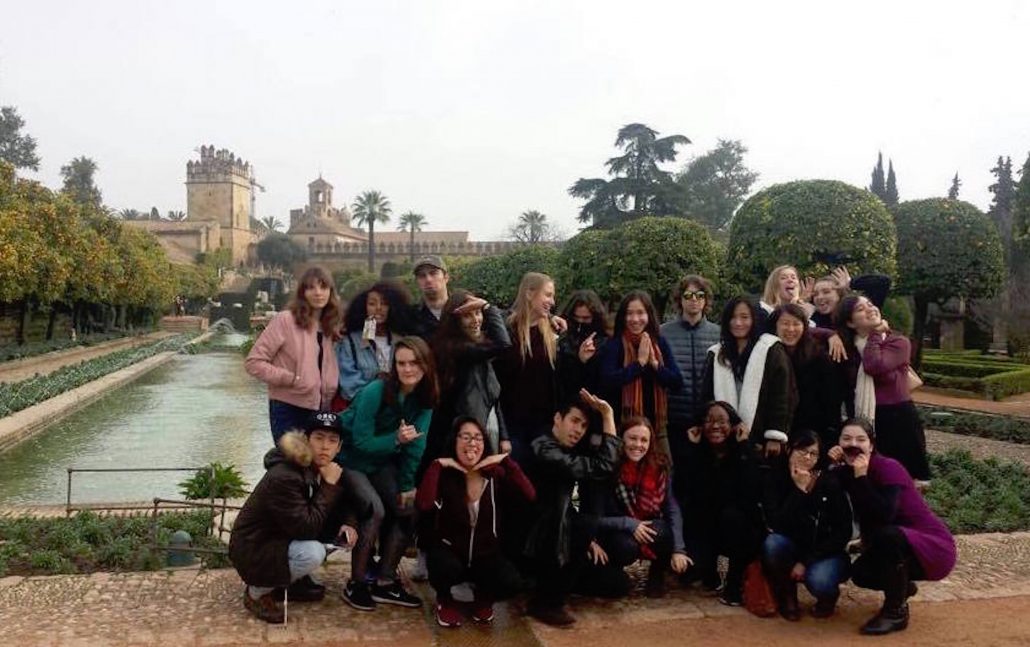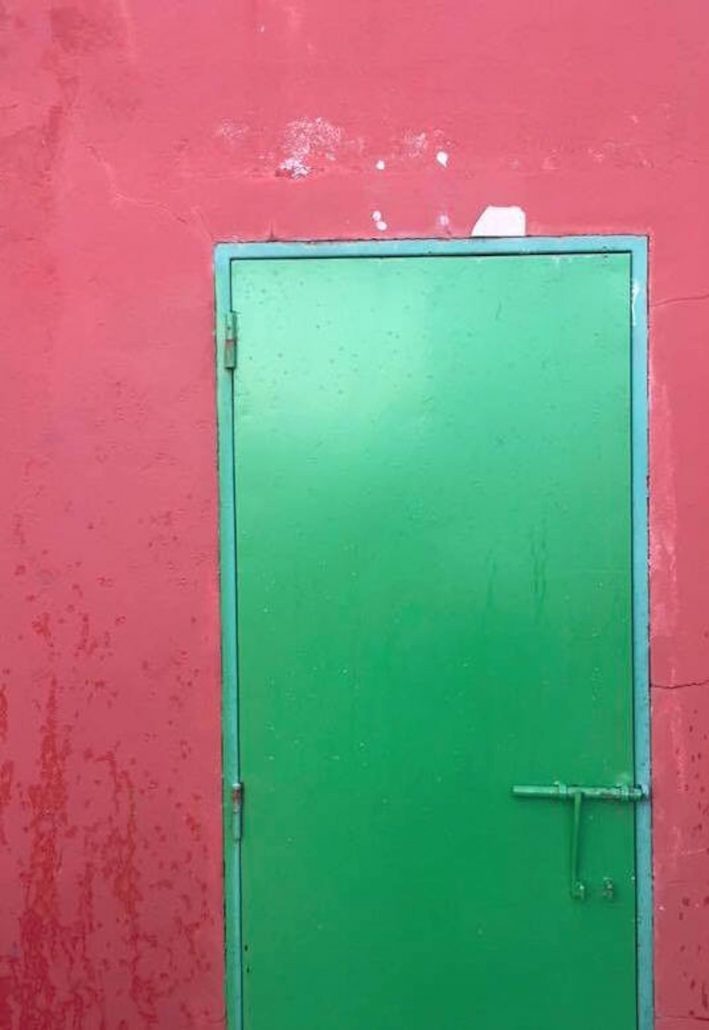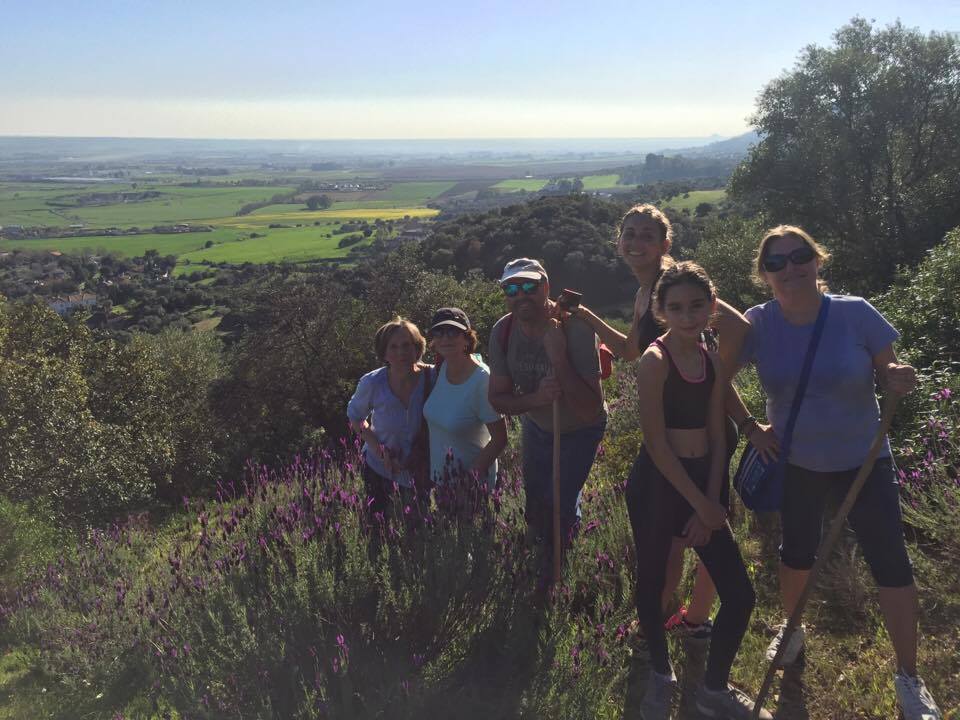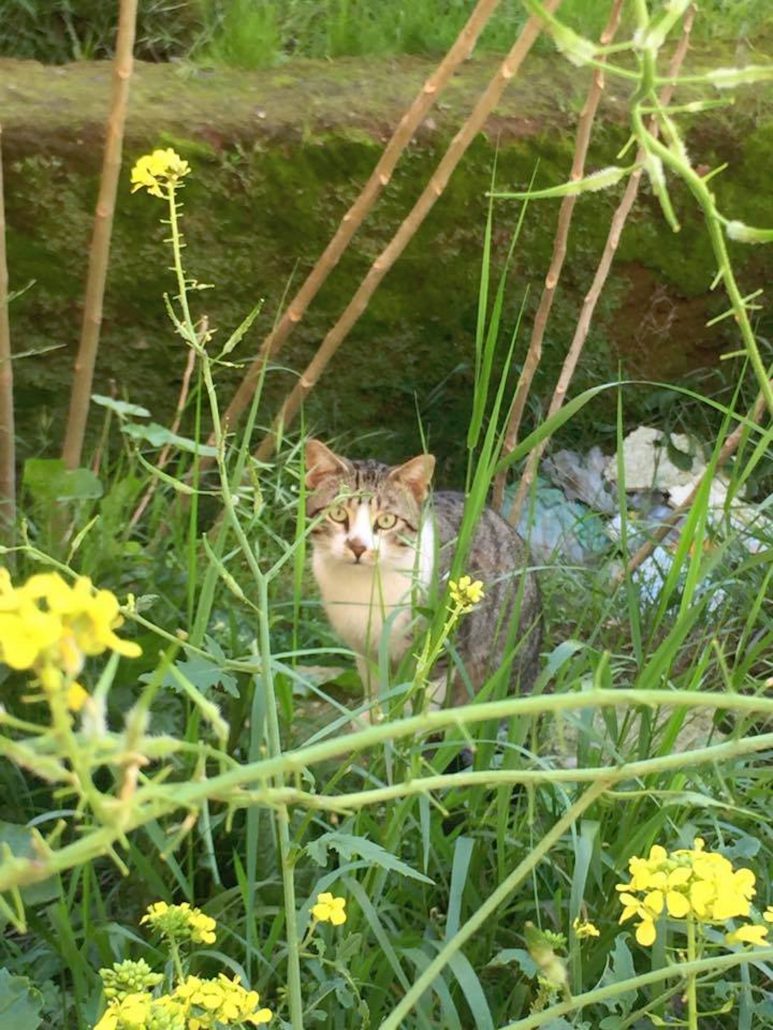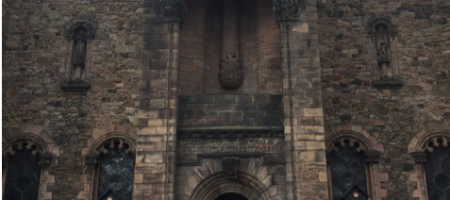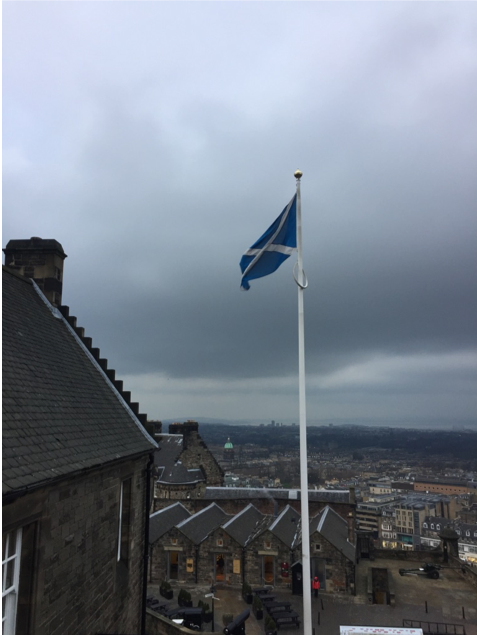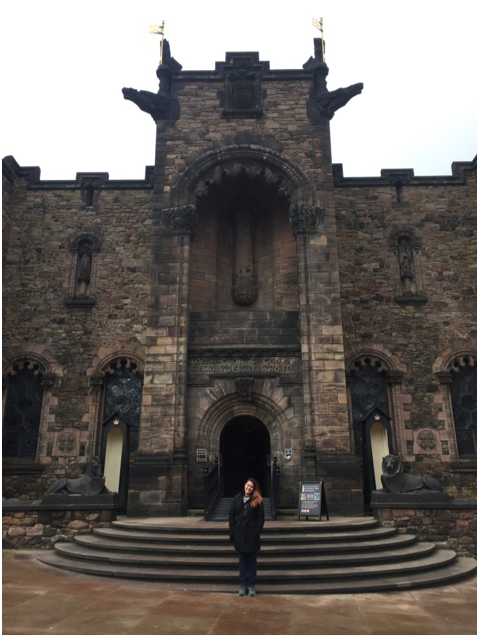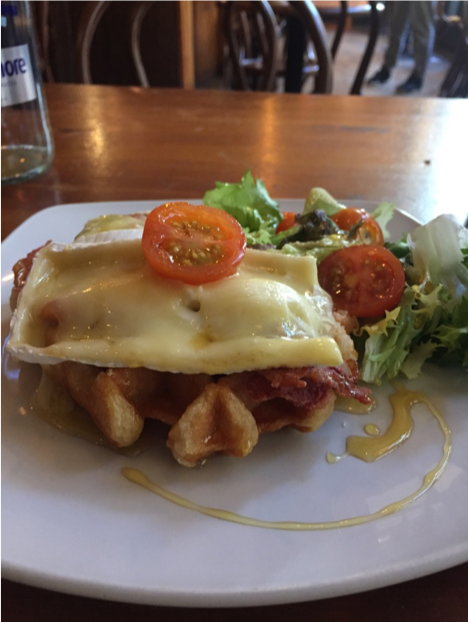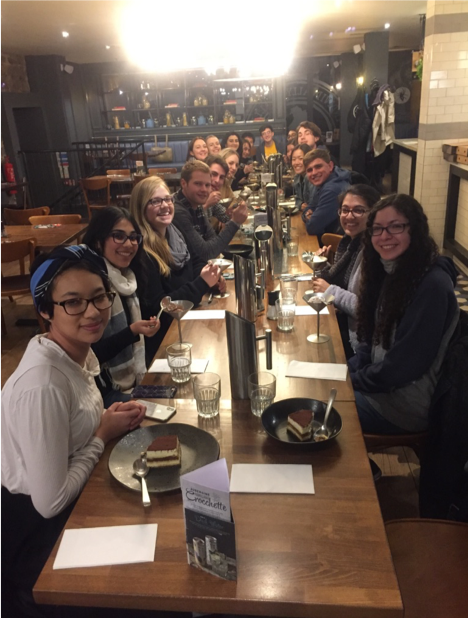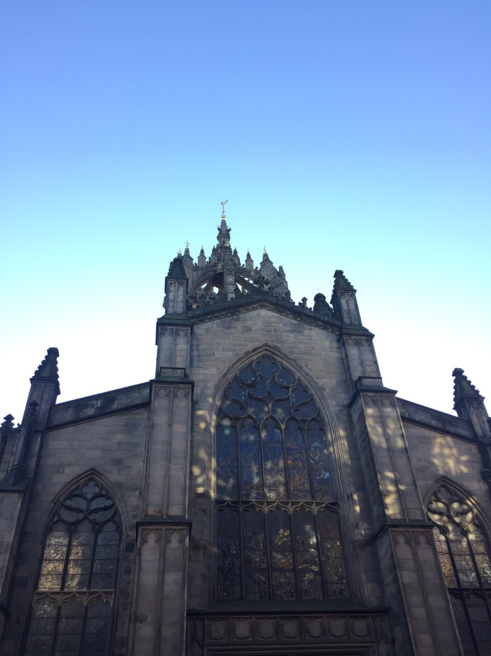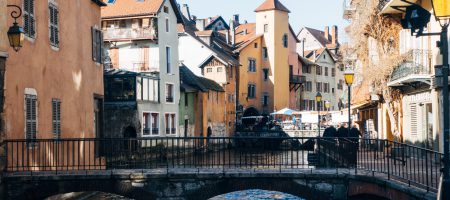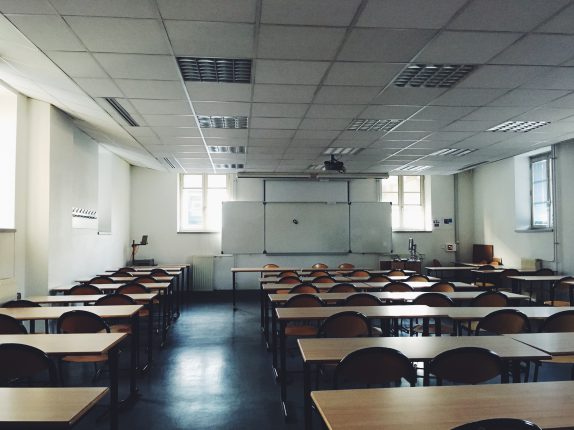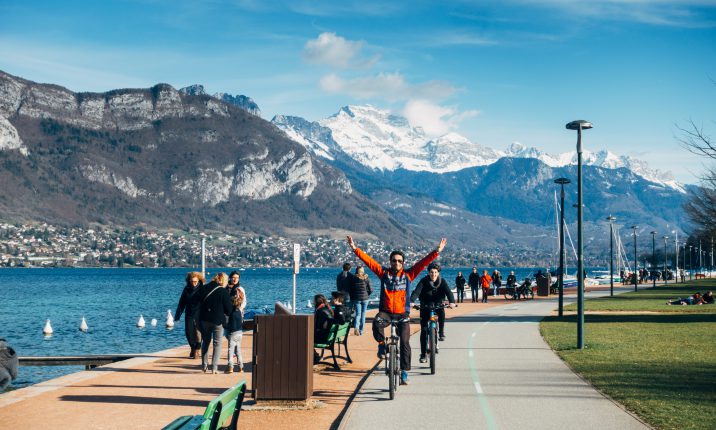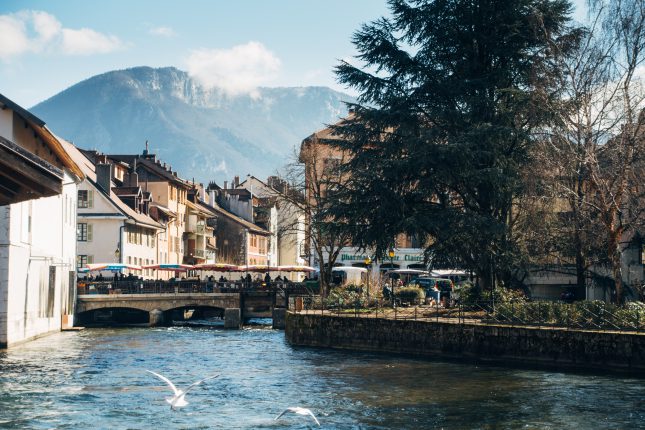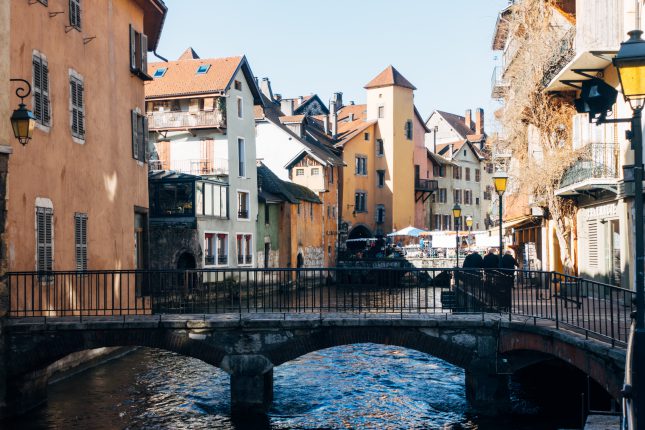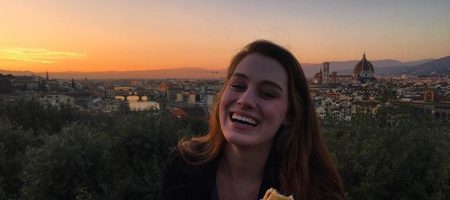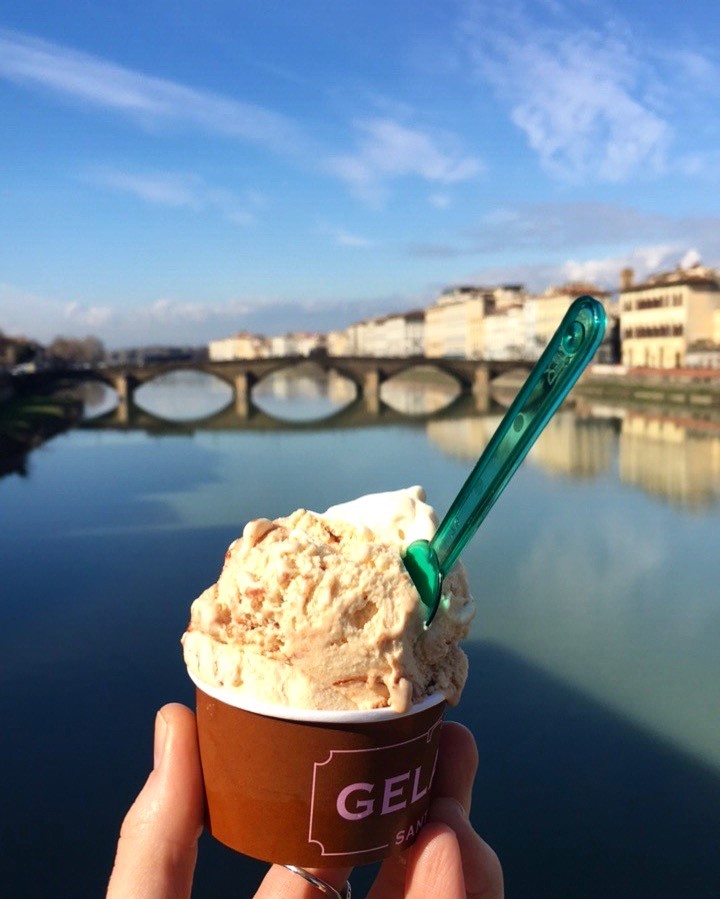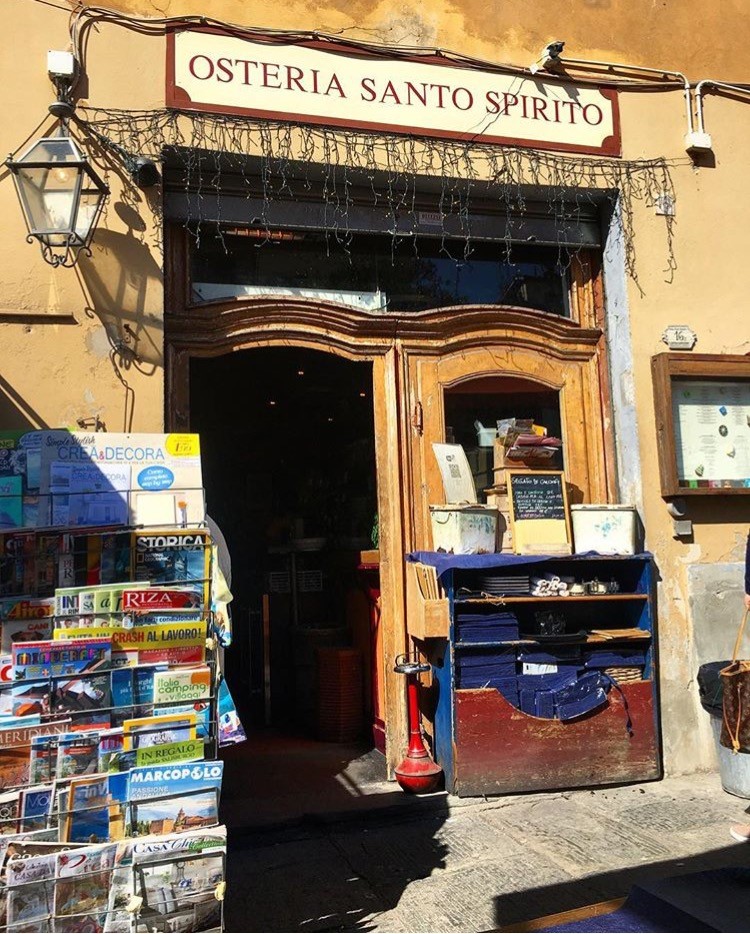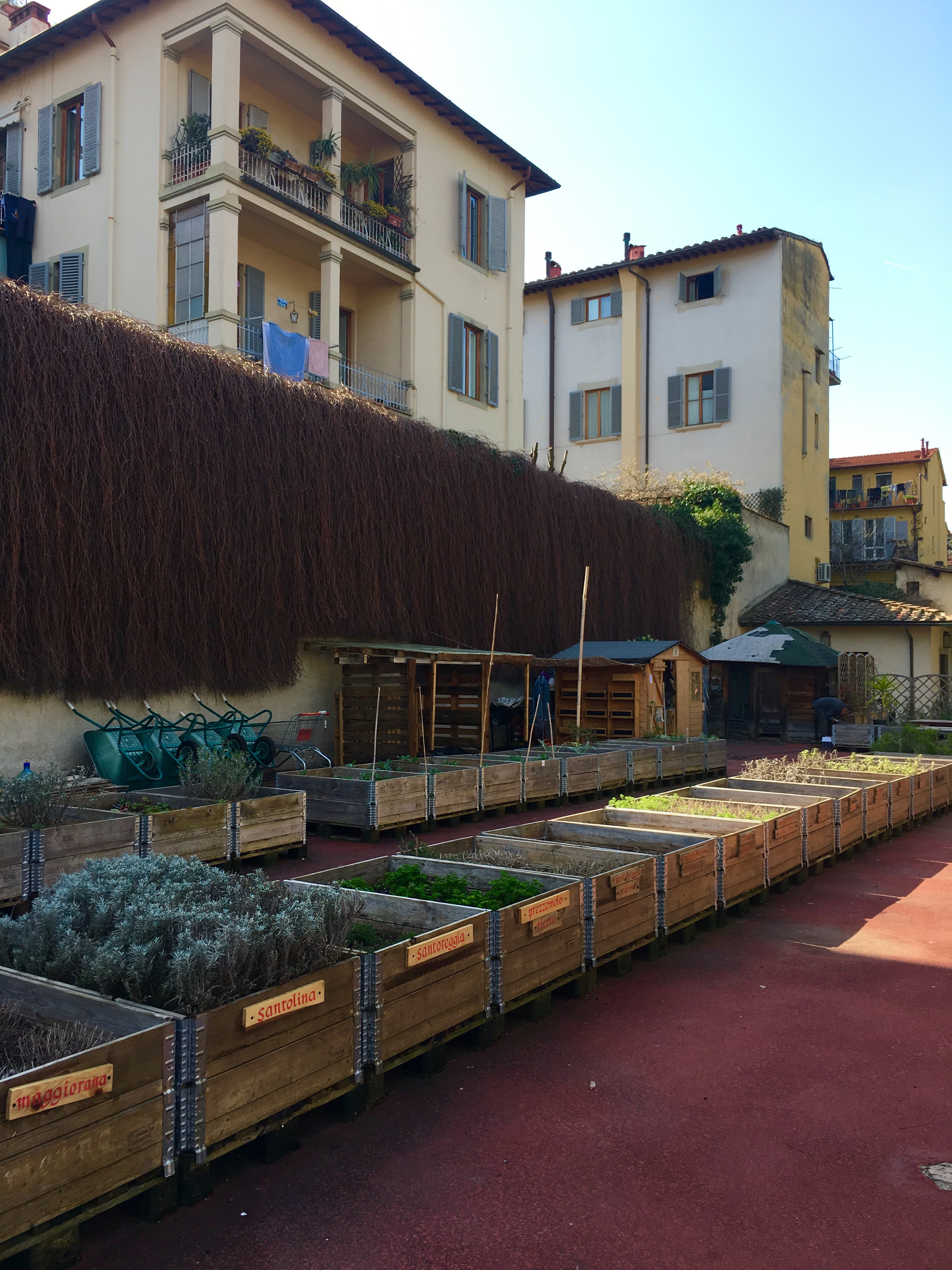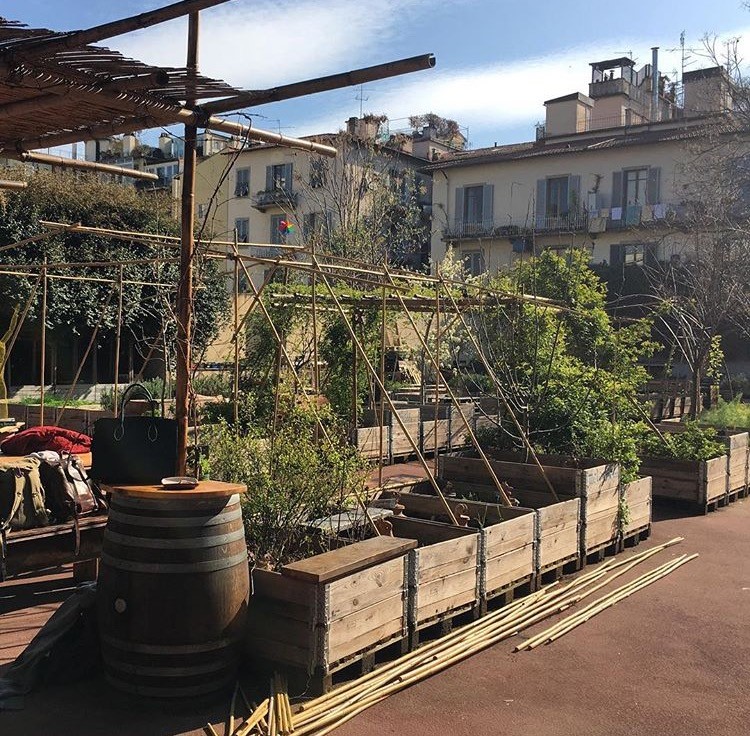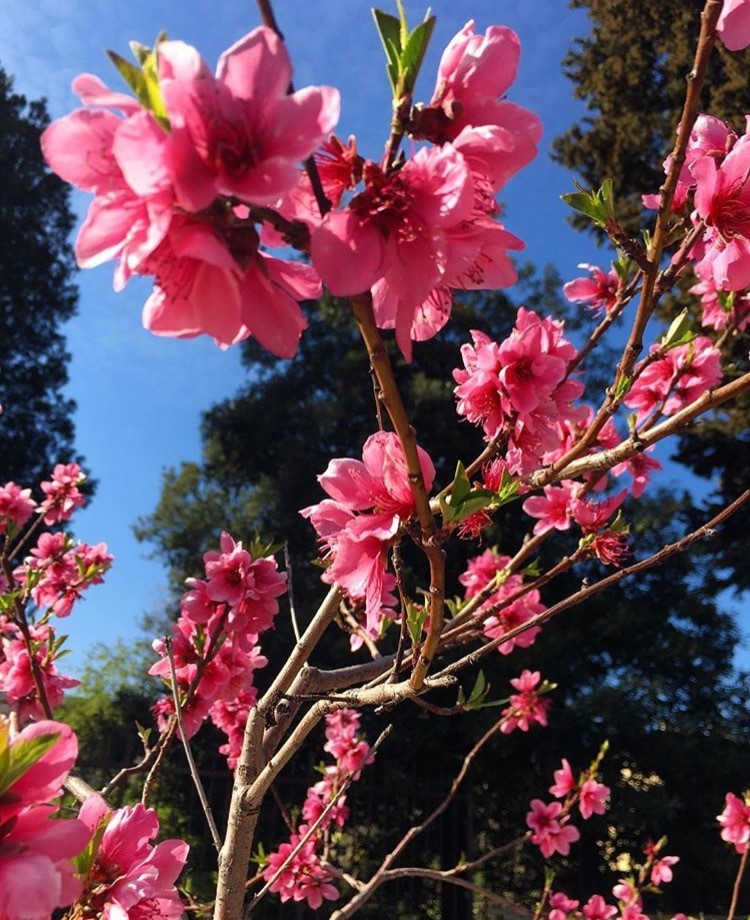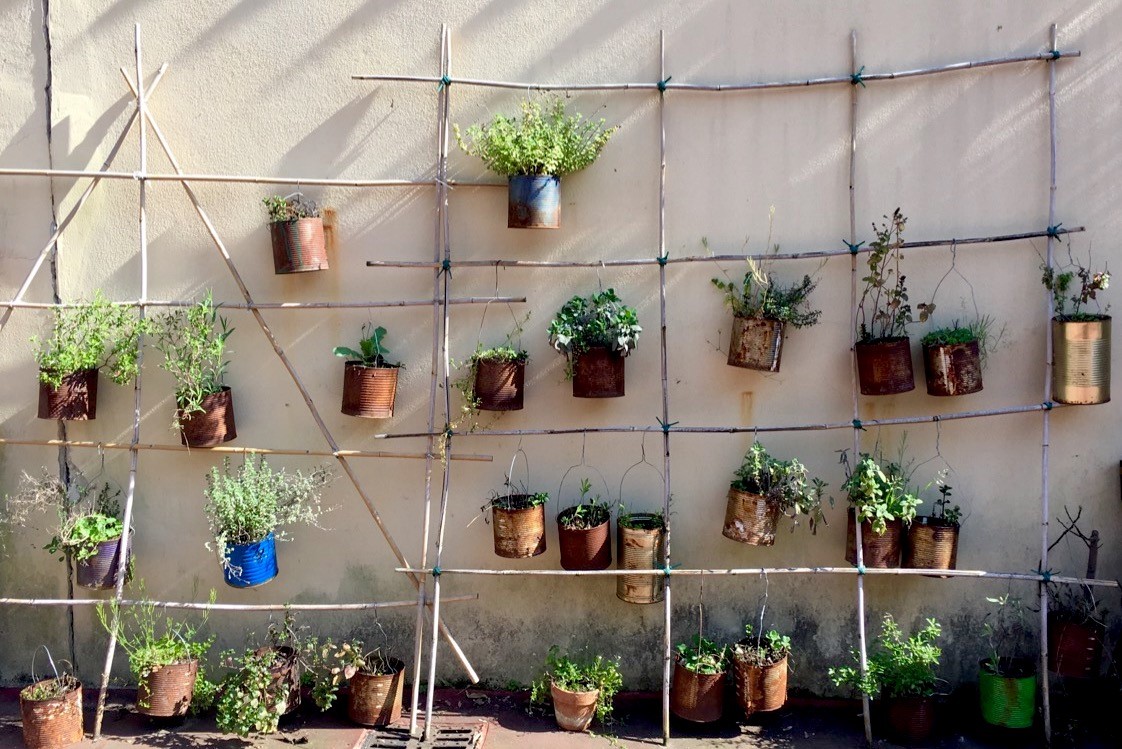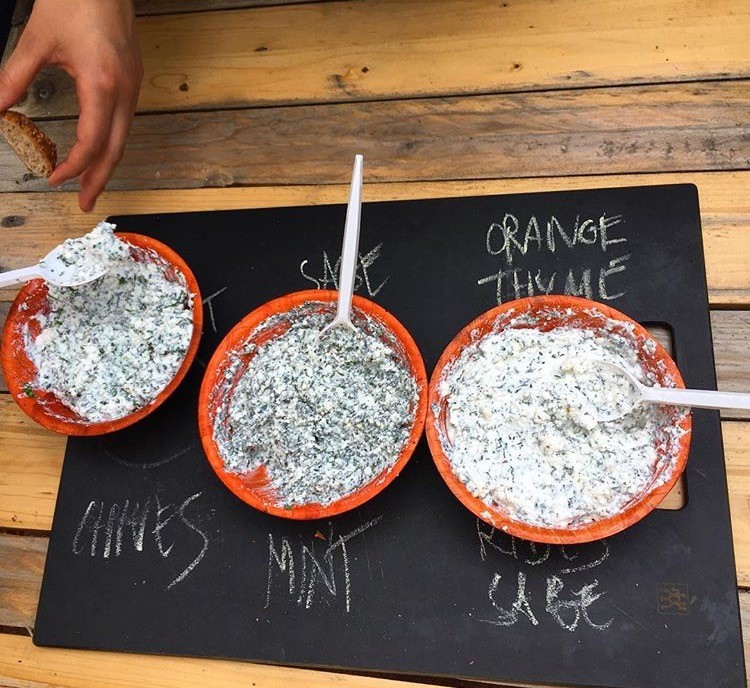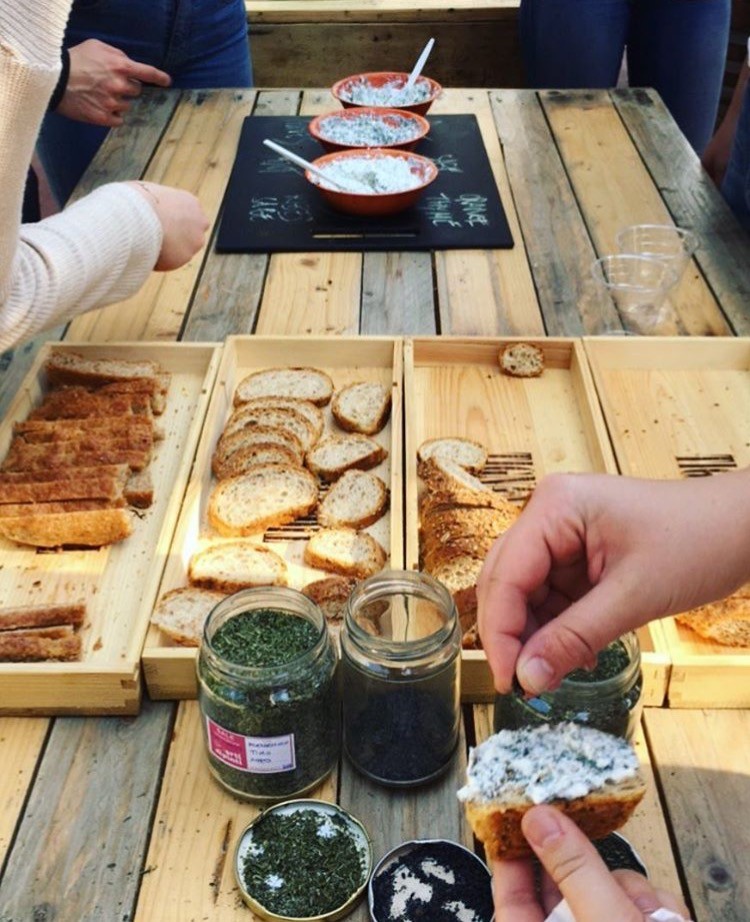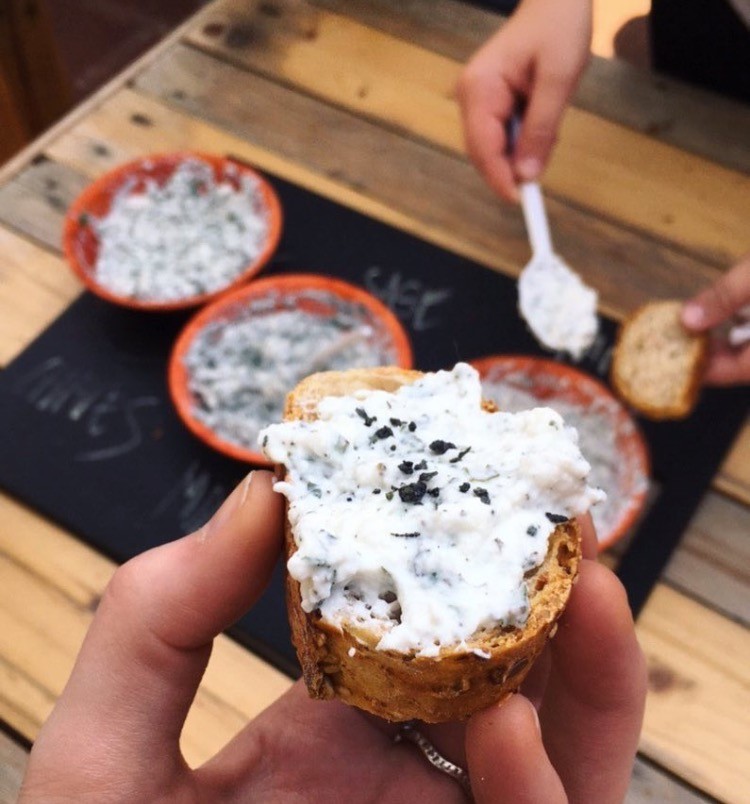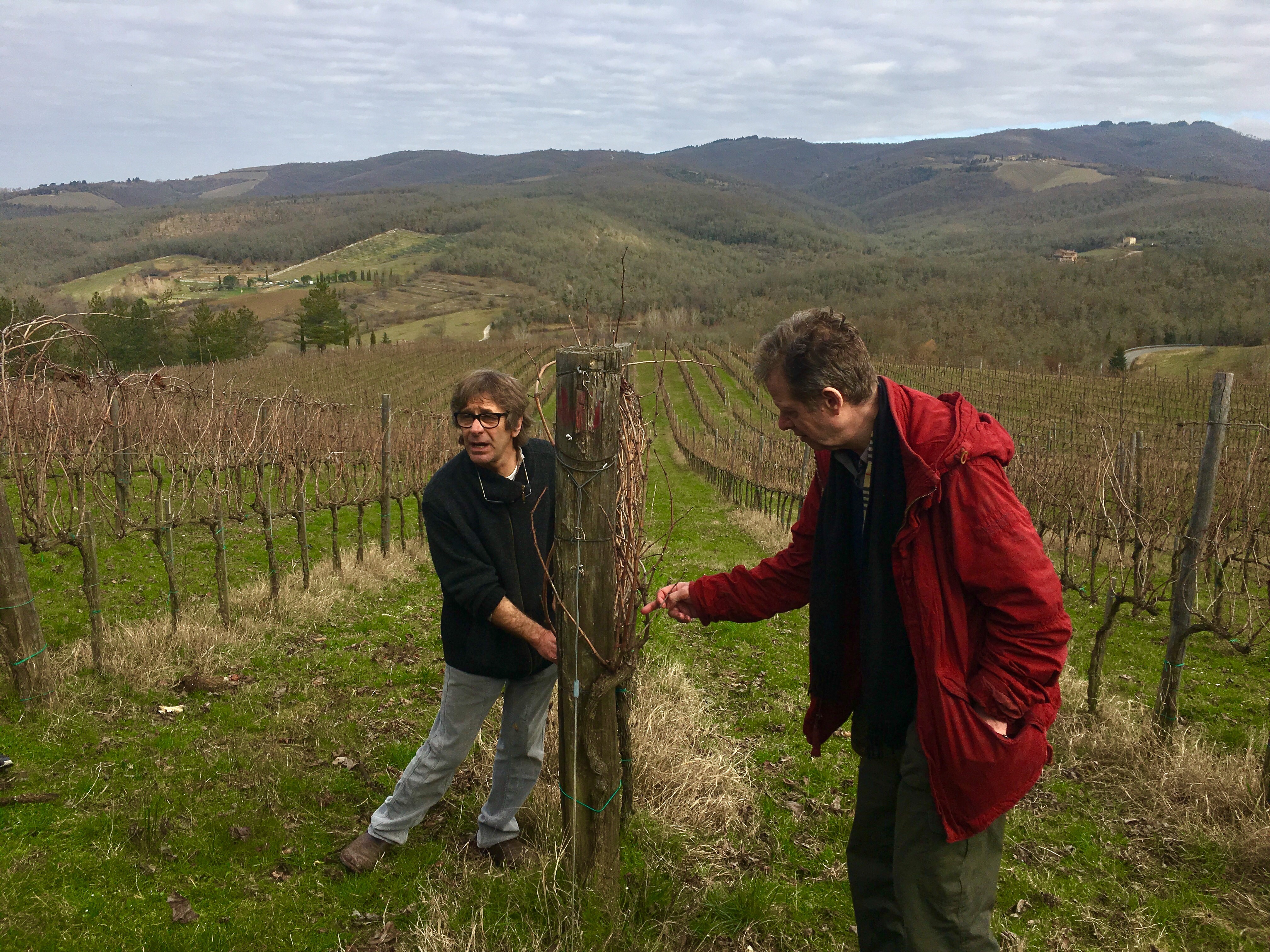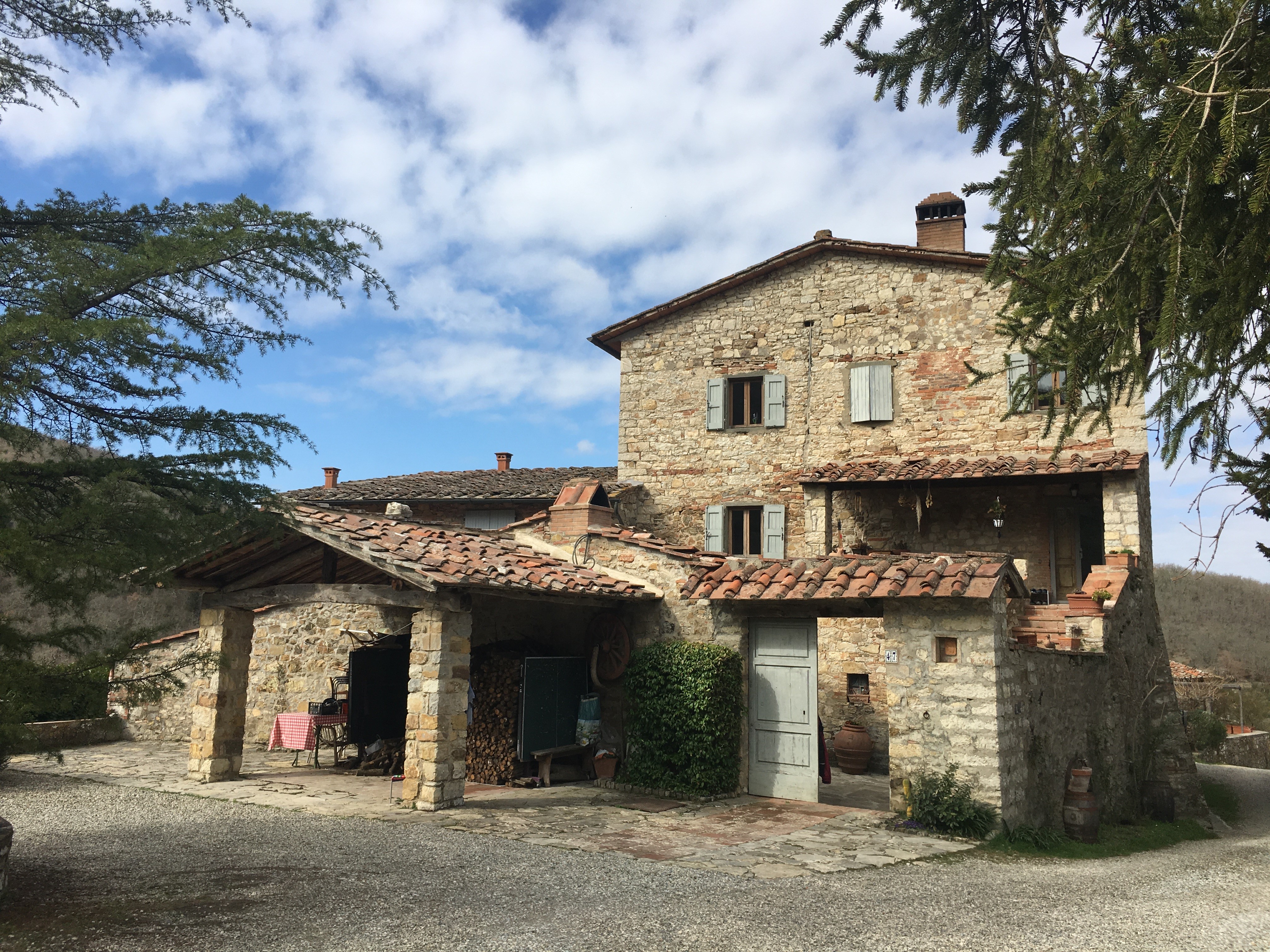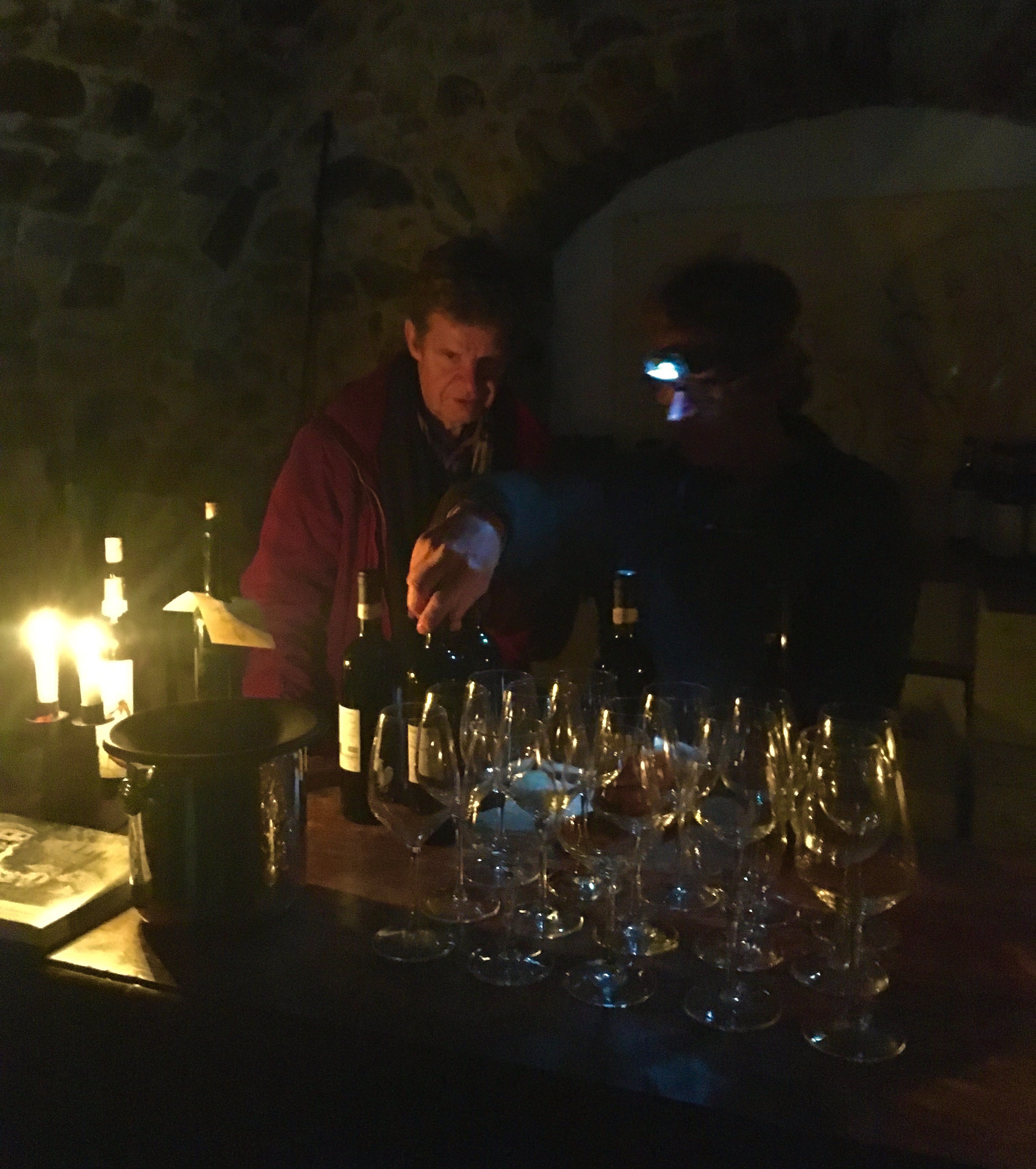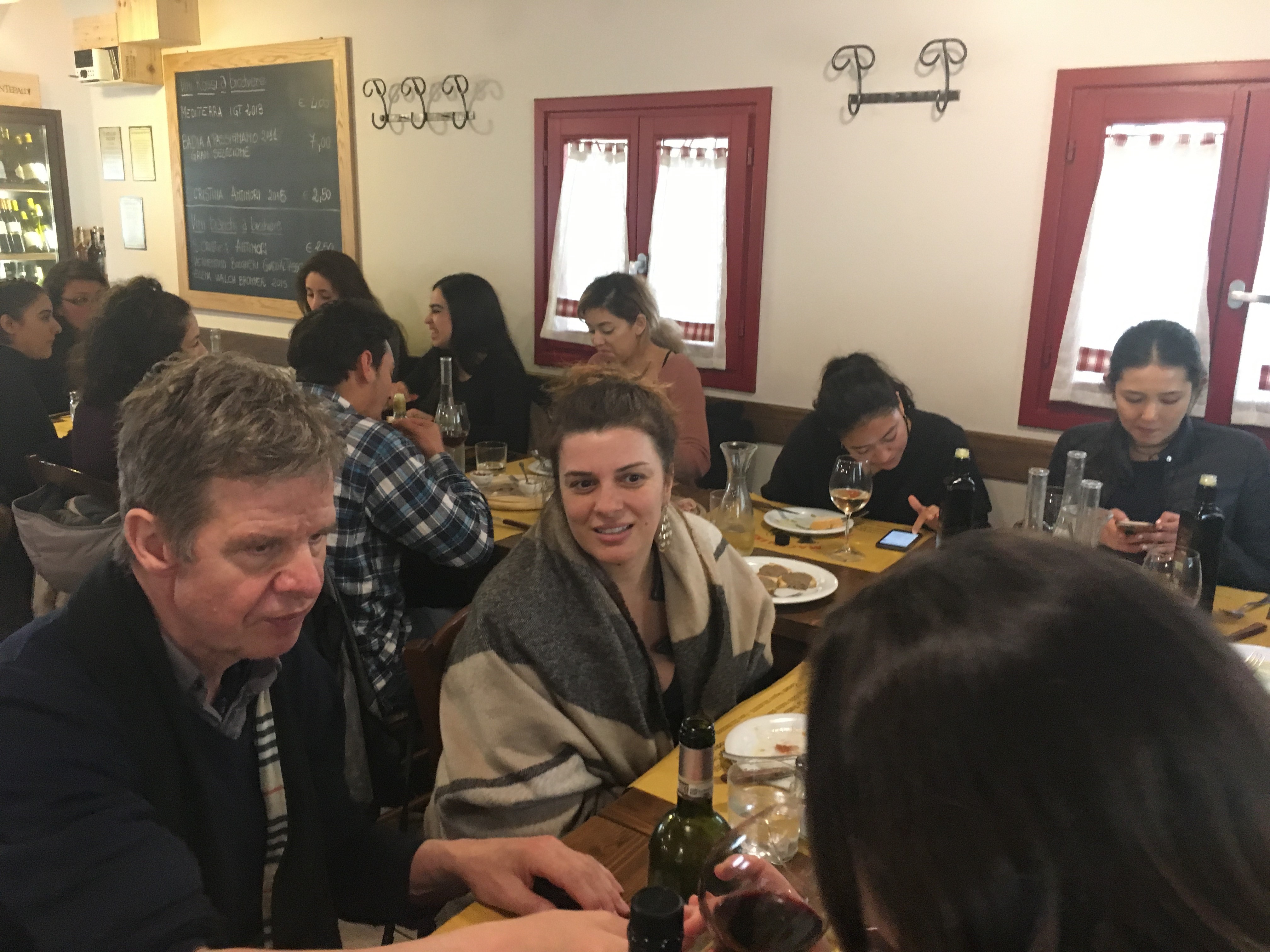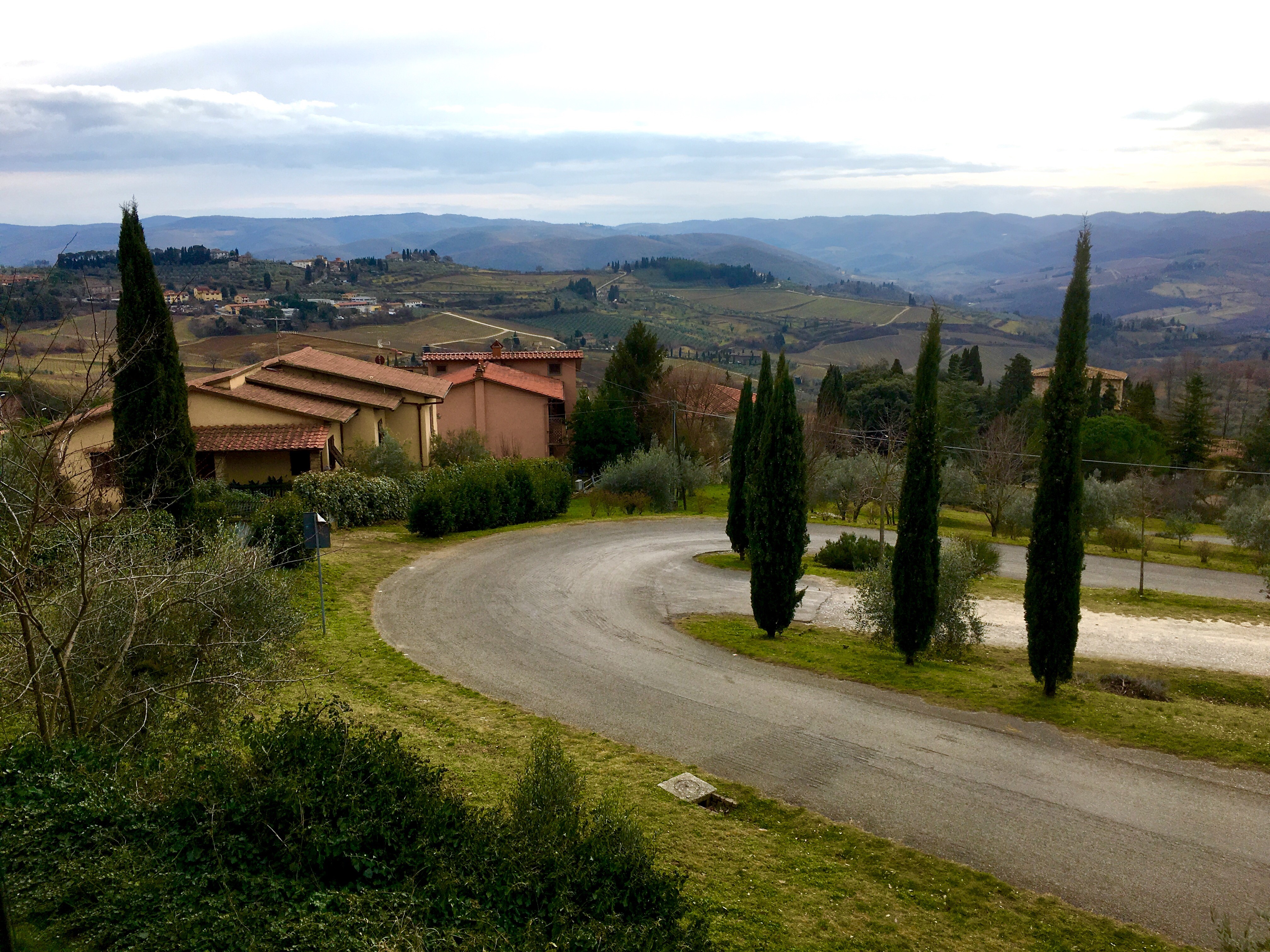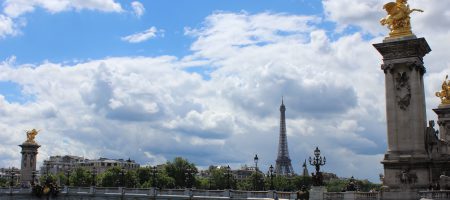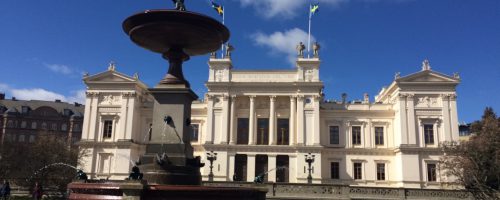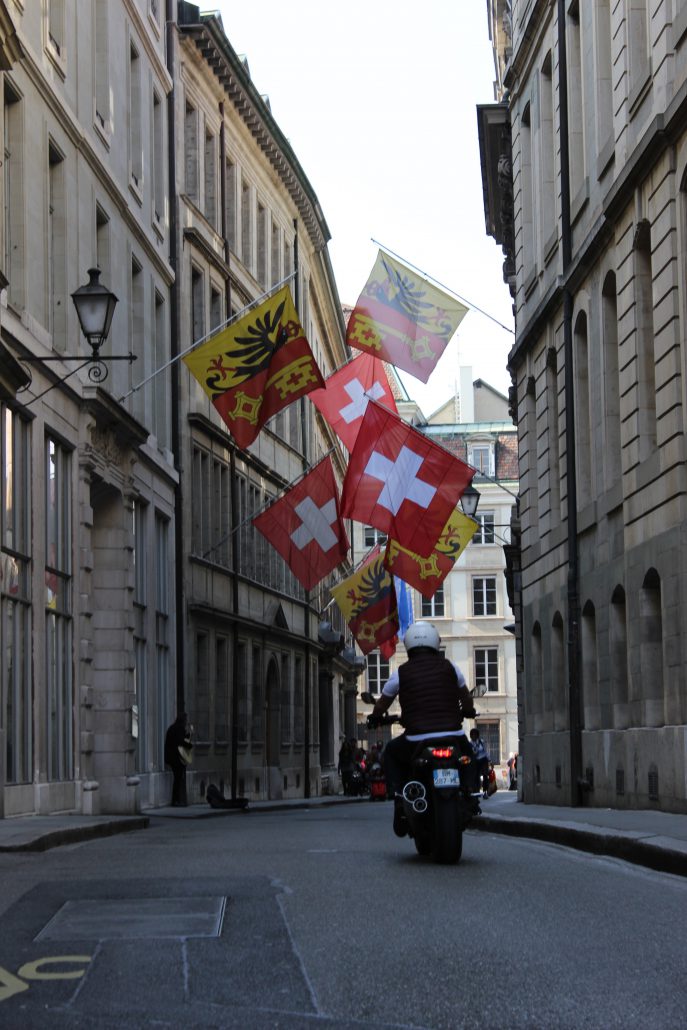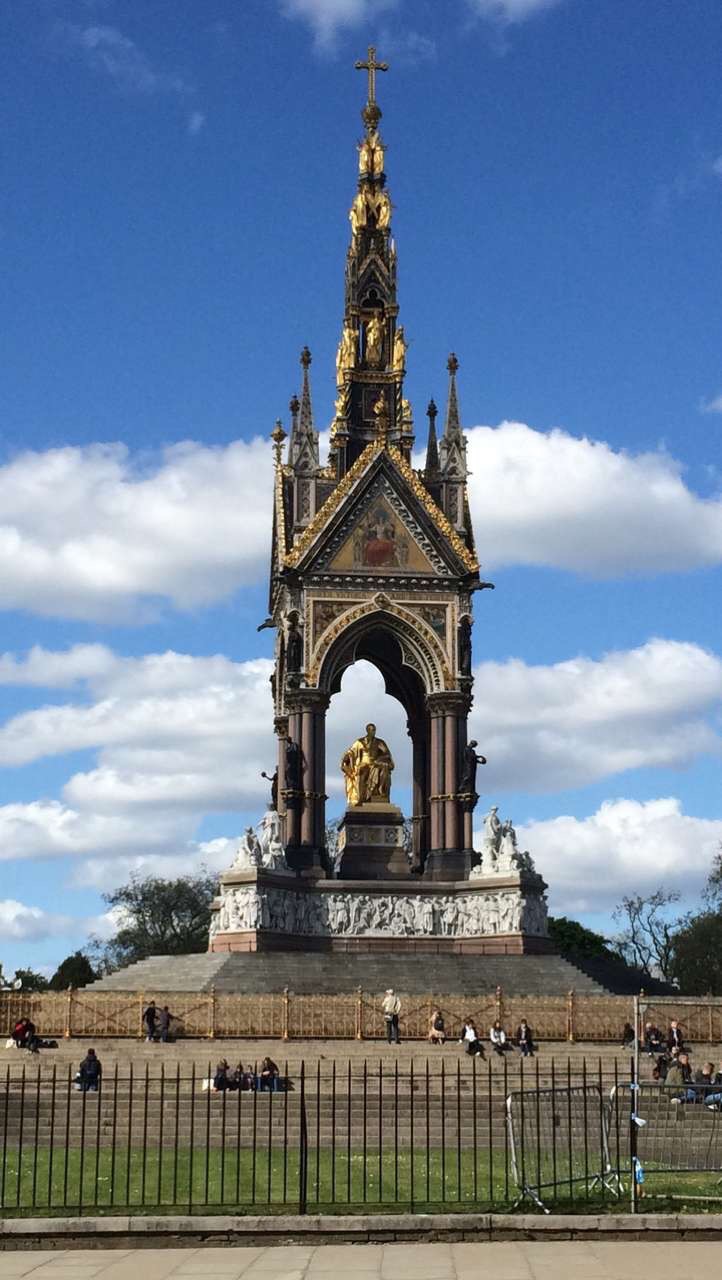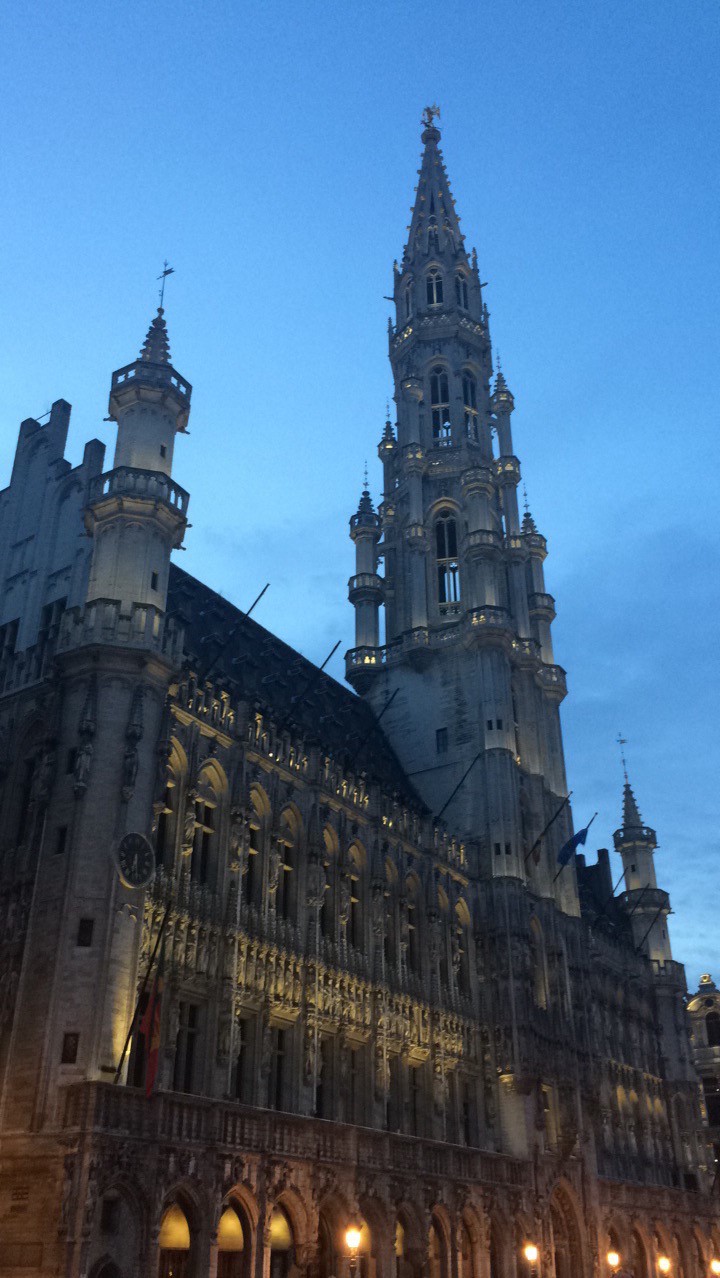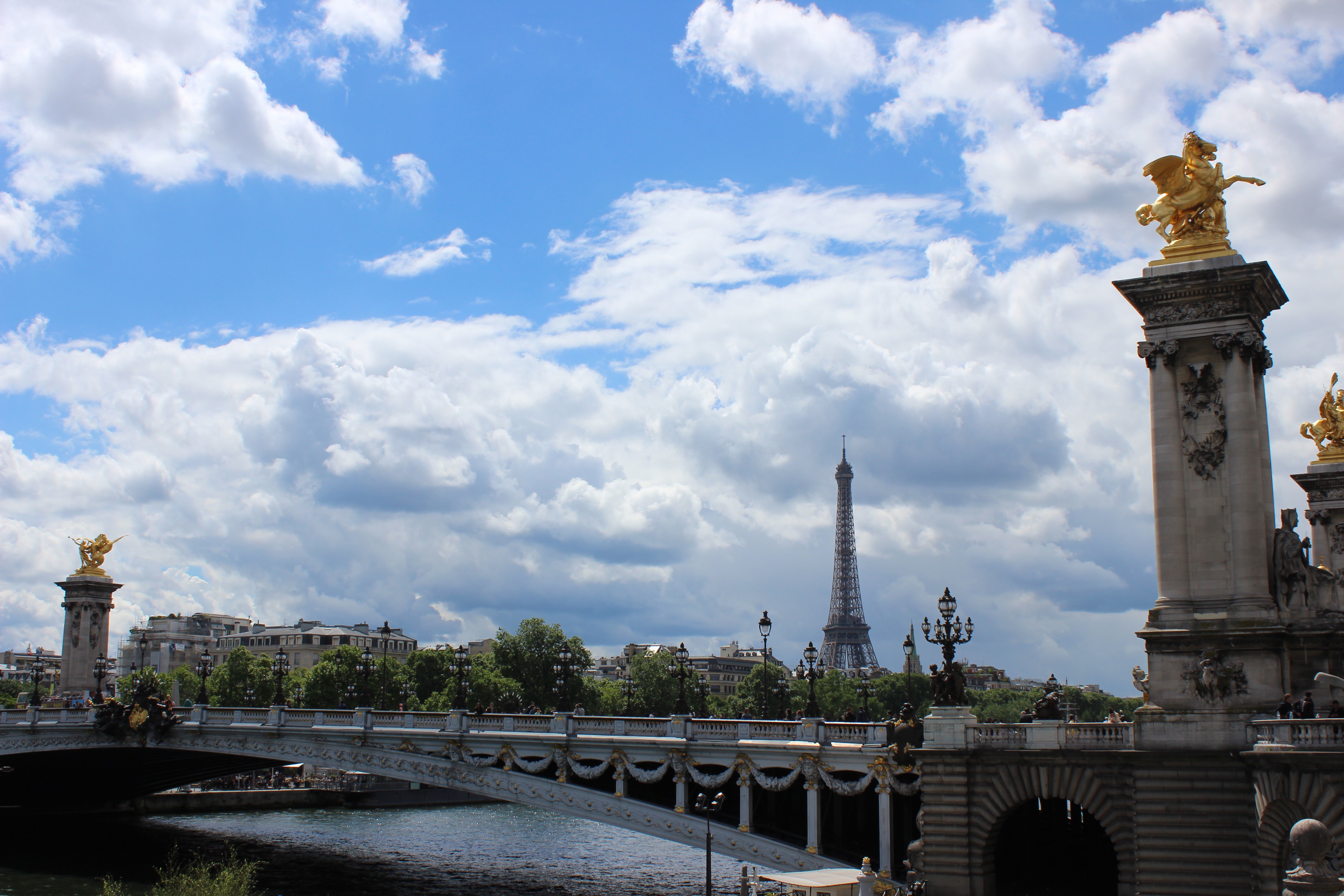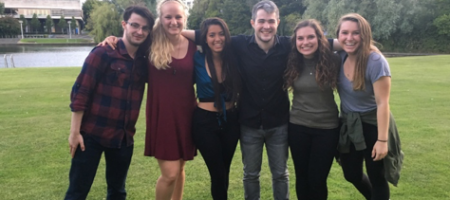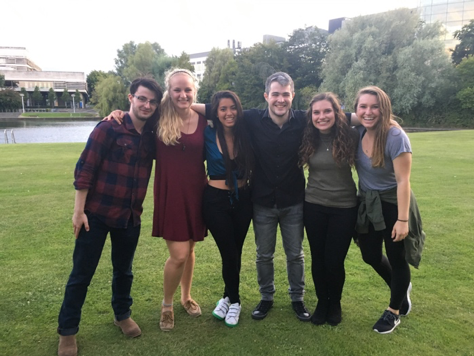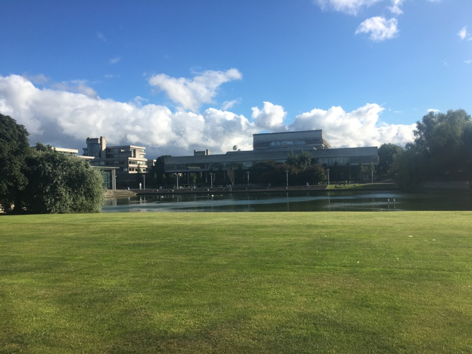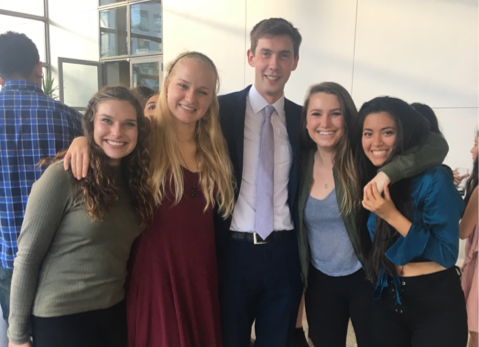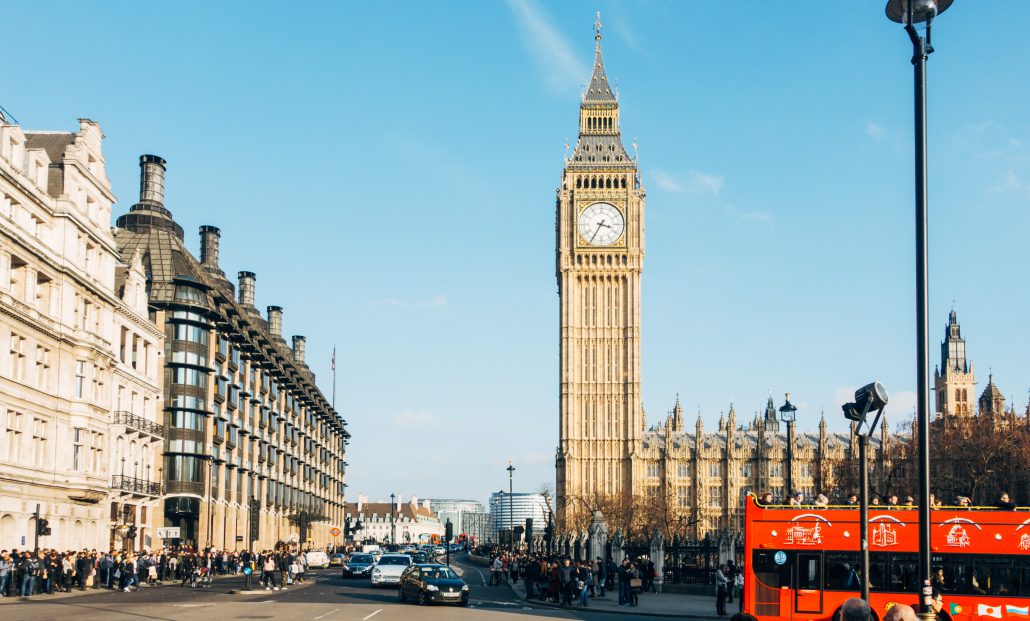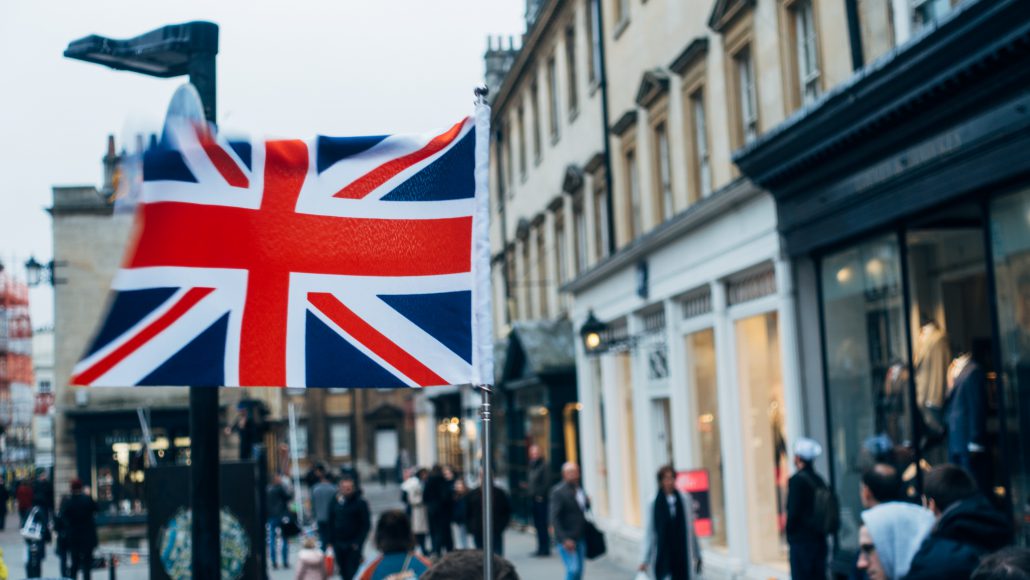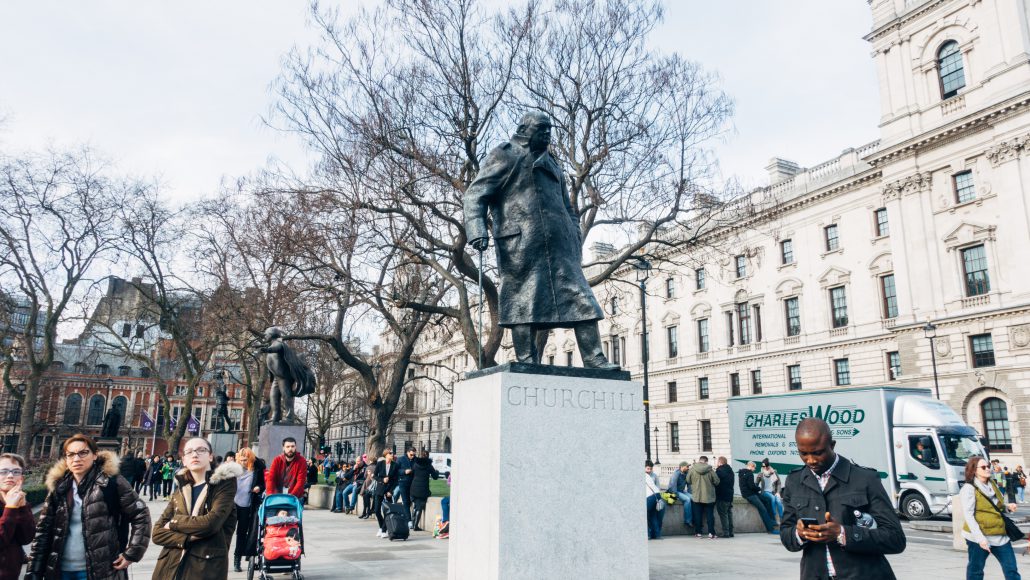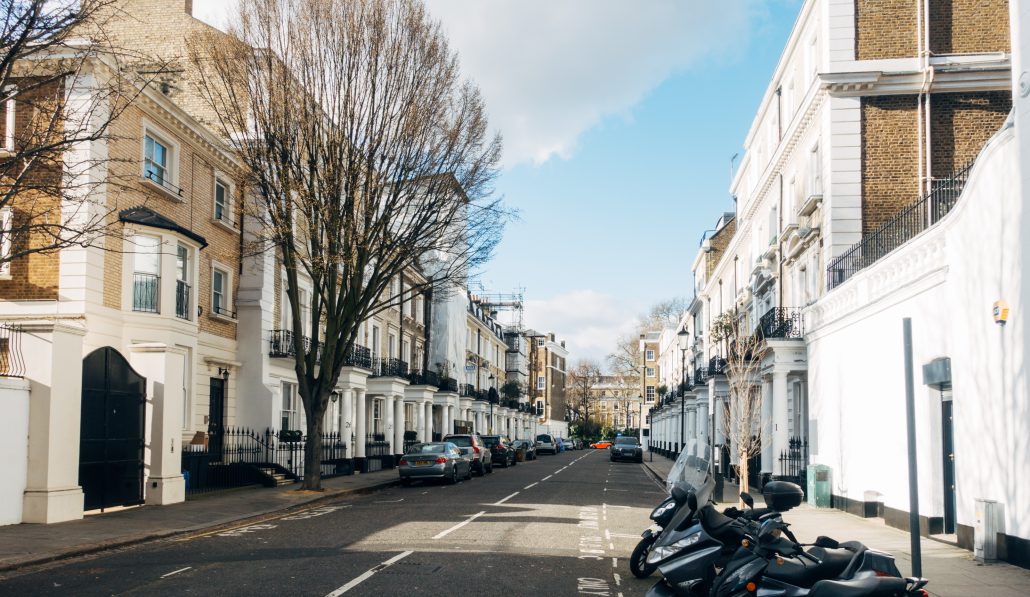Switzerland | Pre-Departure and Arrival in Geneva
BY IZZY PAXTON
Hi from Geneva!
After being here for a week I am getting into a routine and understanding the logistics of living in Switzerland. Our first week was hectic and heavy on administrative tasks, but that doesn’t mean there wasn’t time for exploring!
Pre Departure
I started planning for this study abroad a LONG time ago, so it always felt like it was really far off. If you’re like me, you know that it’s hard to complete anything in a timely manor if you feel like you have forever to do it. This is one of the many reasons I am so thankful for all of the help and guidance of the UCEAP office. The provided us with all the documents and forms (usually with an English translation!) that we needed and gave us clear deadlines about when we needed to turn things in. When planning a trip that is as long as this one all of the logistics can seem incredibly overwhelming, but the UCEAP program breaks them into manageable chucks so that I never felt behind or overwhelmed.
After having been here for just a week I have learned that Swiss administration uses a lot of forms that seem similar but are slightly different. It’s incredibly helpful that we had most of these filled out before we came because it meant that the Cite and UNIGE had them prior to our arrival, and were able to give them to the right people, like the migration office.
Equally important to pre-departure as all these forms is packing! My packing journey began when I realized that, having lived in California my entire life, I wasn’t prepared for winter that involved snow and temperatures under 50. This meant I had no real winter coat or really warm jackets, no hats, and no gloves. Although everyone keeps telling me that this year Switzerland’s winter is unseasonably warm I am so glad that I invested in warmer clothing. I have yet to leave my dorm without a scarf and a warm jacket at the very least.
I have never been the best at packing, so packing for over six months spanning cold winter and hot summer proved to be quite the challenge. In addition to clothes and shoes, a friend of mine who had studied abroad previously gave me the tip to bring toiletries that I might want as well. I have been so thankful for this suggestion because that I had everything like advil and toothpaste right away. Additionally, Geneva is expensive, so even though it seemed expensive at the time, buying these things at home saved a lot of money.
When I was done packing my entire life into the suitcases I had filled two checked bags and a carry on. From what I can tell, this is about average for what other people brought as well. You definitely would not need any more, and if you’re better at packing and being selective in what you bring than I am you definitely could get away with less!
Departure & Arrival
To anyone reading this with the intent of going on a study abroad program – make sure to pay attention to weight limits for carry on bags!! I had been too buy making sure my checked luggage wouldn’t pass the 50lb mark that I had completely disregarded the section of the airline website saying that carry on bags had weight limits as well. This was quite the surprise when I got to the airport and found that while my checked luggage was completely fine, it was my carry on that was too heavy! After some rearranging the crisis was averted, but I wish I had paid more attention earlier.
Everyone always reminds you that you shouldn’t bring more luggage than you can handle on your own. While I understand this I don’t think I really appreciated it until I got to baggage claim in Geneva. Luggage carts could only be rented with Swiss Franc coins, of which I had none, so I was left dragging my luggage down to the train. I was lucky enough to be met by a friend of my mom’s who lives in Geneva and who helped me navigate the trains as we made our way to the hotel where I would be spending the first night. Geneva’s public transportation system is fantastic, but to someone who has been traveling for 13 hours and doesn’t speak French it was definitely overwhelming so I was glad to have a helping hand.
After our orientation at UNIGE the next day (I’ll talk about academics in a later post) I once again gathered all my luggage and hopped on public transportation – this time en route to the Cite Universitaire where we are living. After getting lost, filling out more paperwork and paying the deposit I finally got my room! When I thought of a dorm I was picturing my cramped freshman year triple, but our single rooms are huge with lots of desk space and big windows. The only downside is that there aren’t drawers, but there are plenty of shelves to make up for it. The best part of the room, in my opinion, is that each one has a sink.
Actually, even better than the sink is definitely the view from my window. My room looks out over the street, and I have a direct view of snow-covered mountains. They are breathtaking, and I am treated to a spectacular sunset every night.
Having my own space is a really nice change from always having a roommate in college, and had made it easier to organize everything I need for various logistic matters. As it turns out there is a lot that the country of Switzerland requires that you do in your first week in the country. The two most important things are getting health insurance and getting a residence permit. As long as you pay attention to emails and respond in a timely manor the residence permit is no big deal! UCEAP organizes everything when you go and it is significantly easier than trying to do it on your own. Healthcare is slightly more difficult. I ended up going with Advisor’s student rate. It took some trial and error, and more than a few panicked phone calls to my mom, but it ended up working out. Give yourself time to figure this out since it is time sensitive, and you feel so much better once you’ve taken care of it! Another logistic that I am still working out is whether or not I need a bank account. As cool as it would be to say I have a Swiss bank account it’s not so easy opening one! I’ll keep you all posted on that one.
Even though my first week has been filled with forms and logistics, I know this is all necessary administration that will make the rest of our program run smoothly and I am so excited for the next 6 months!
Izzy Paxton studied abroad in Geneva, Switzerland, in spring 2017: http://eap.ucop.edu/OurPrograms/Switzerland/Pages/global_intl_studies_univ_geneva.aspx?_ga=2.148768695.1646531383.1546623635-21724351.1533077880


